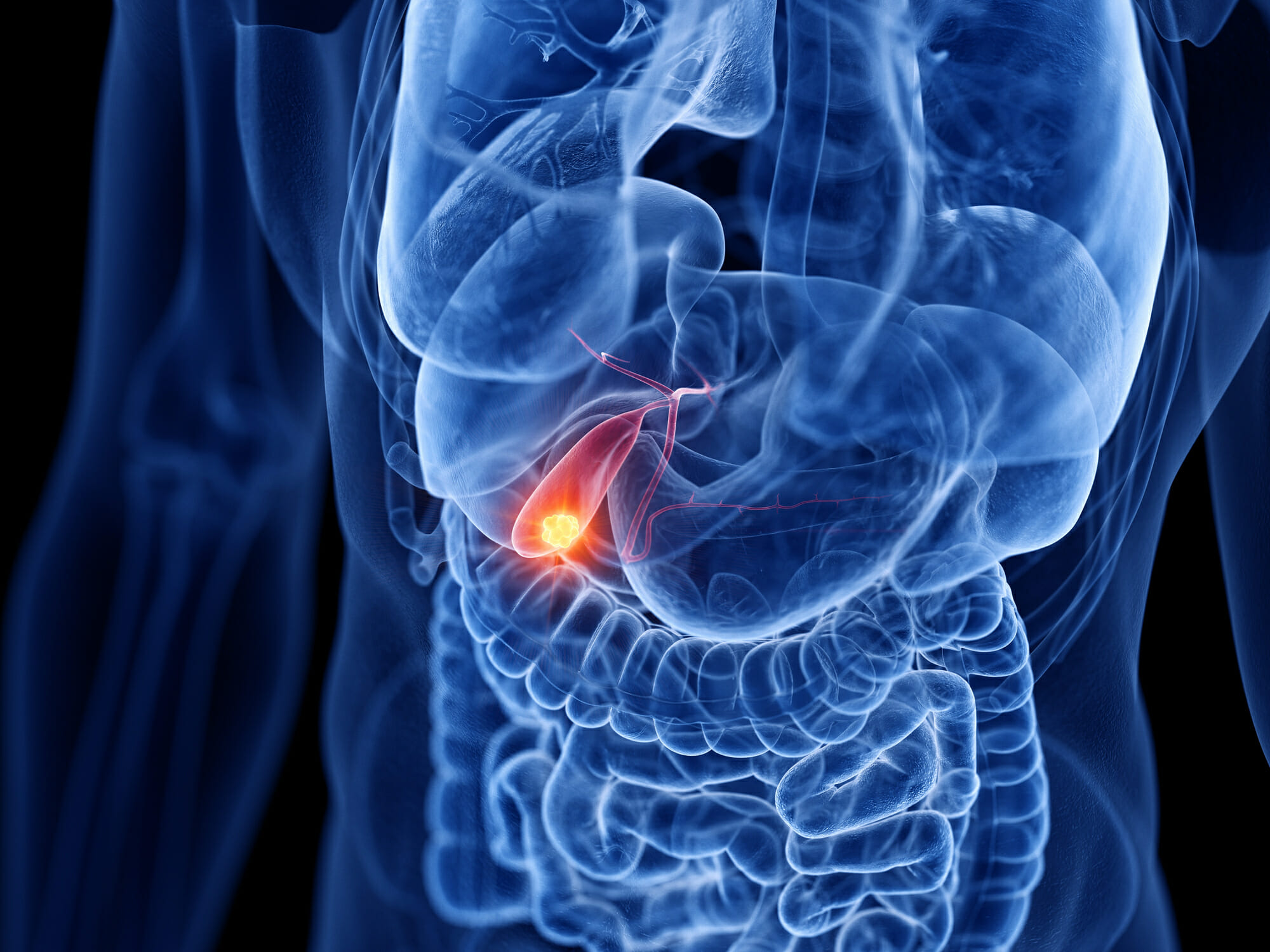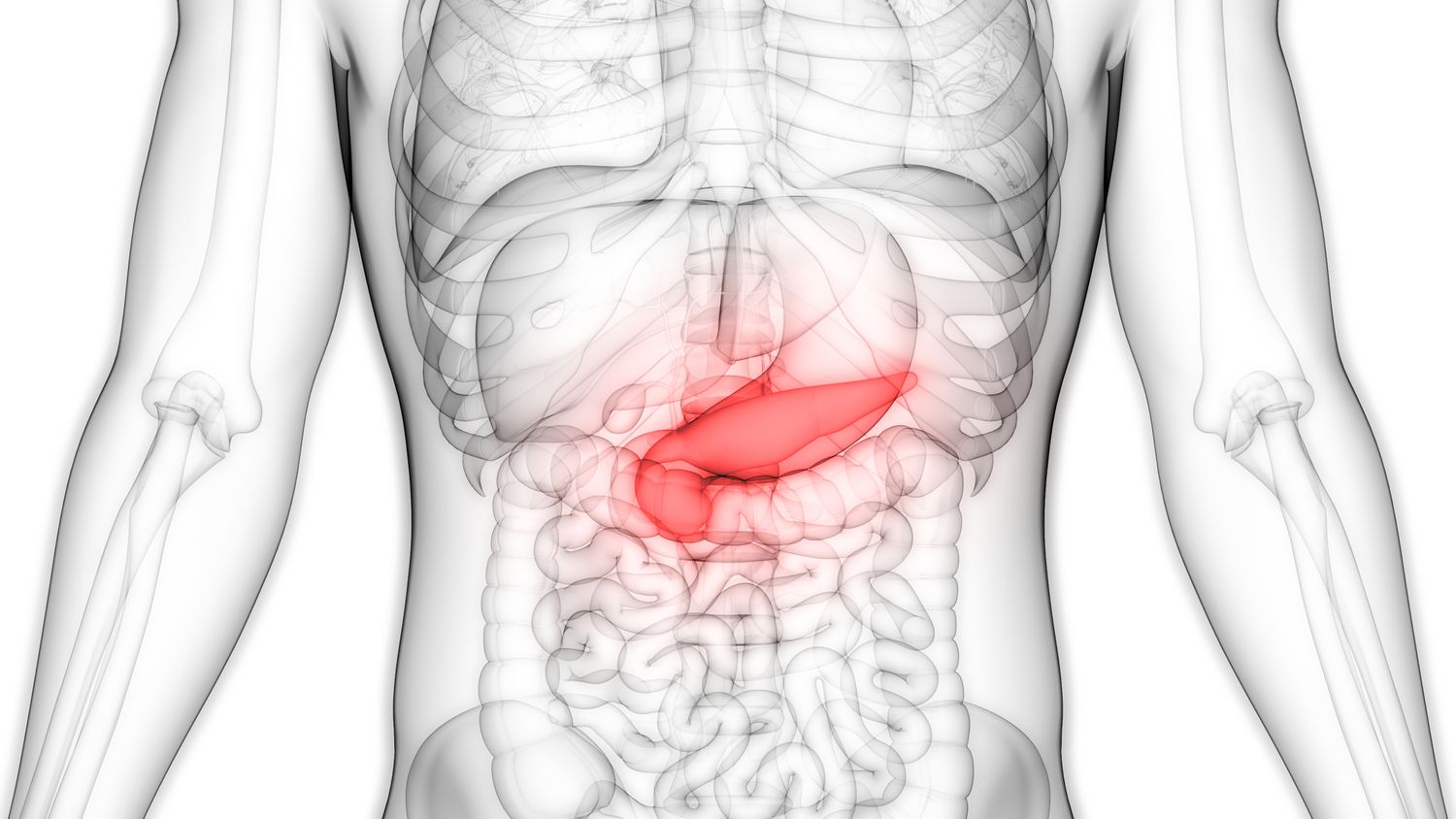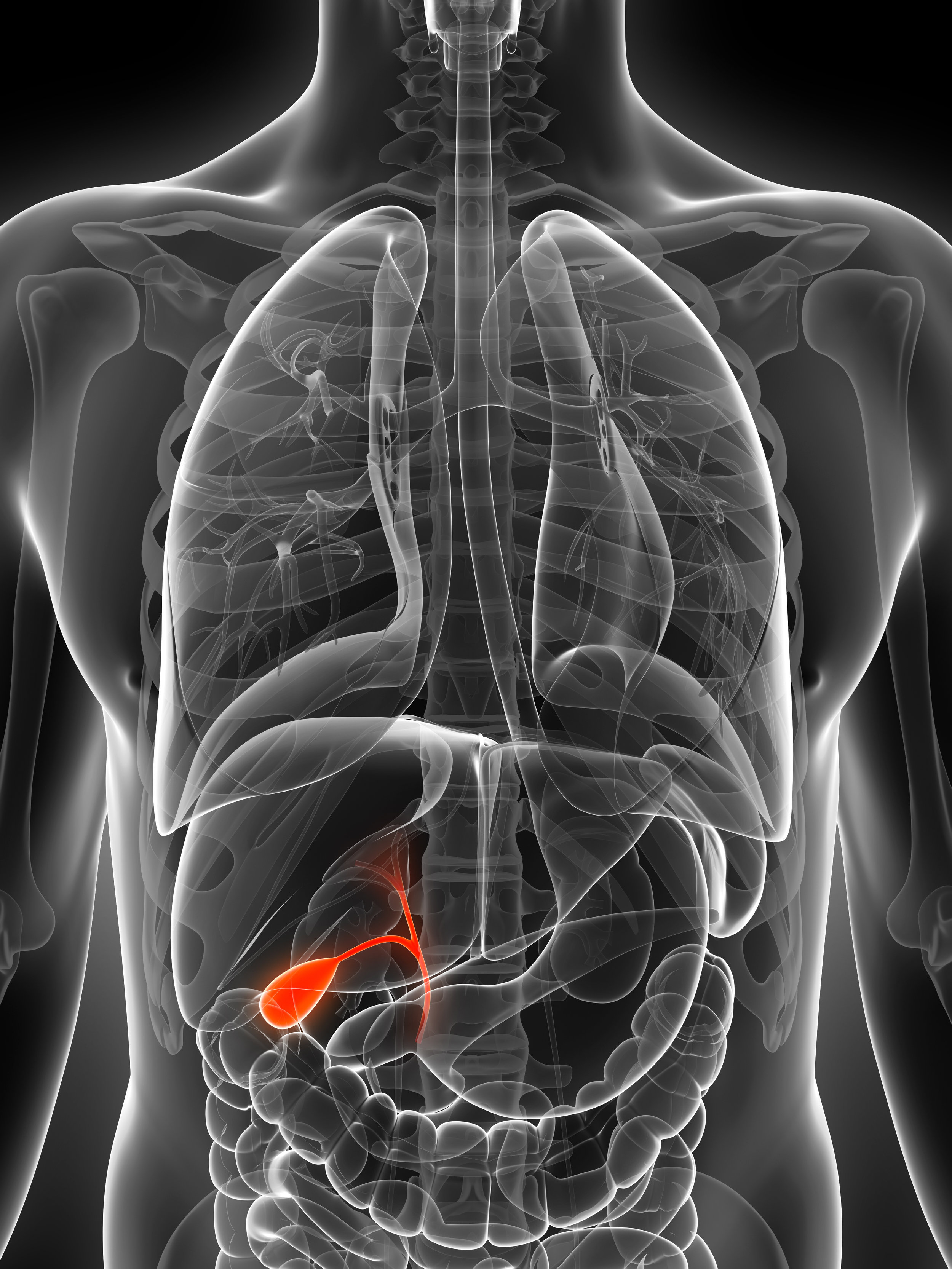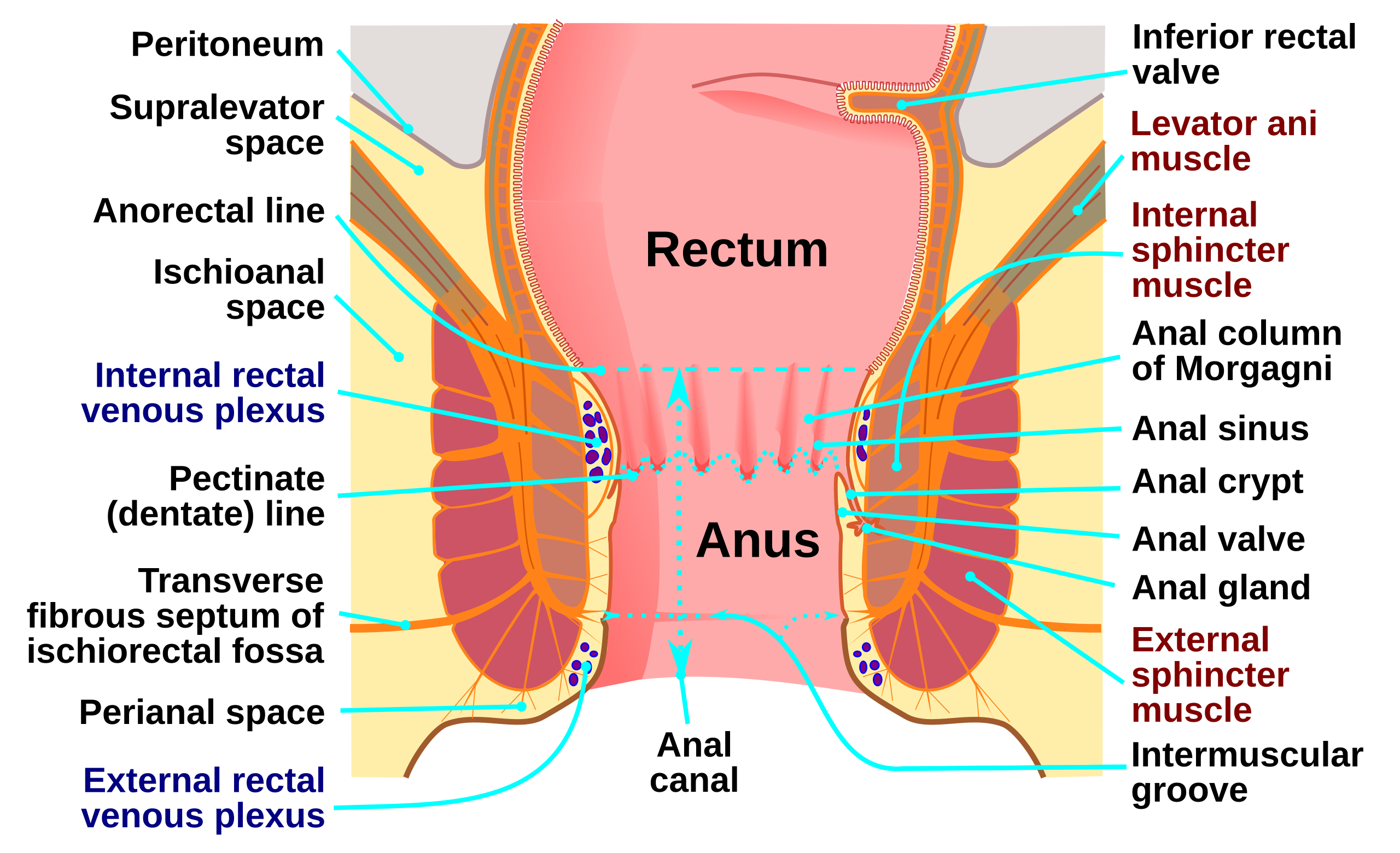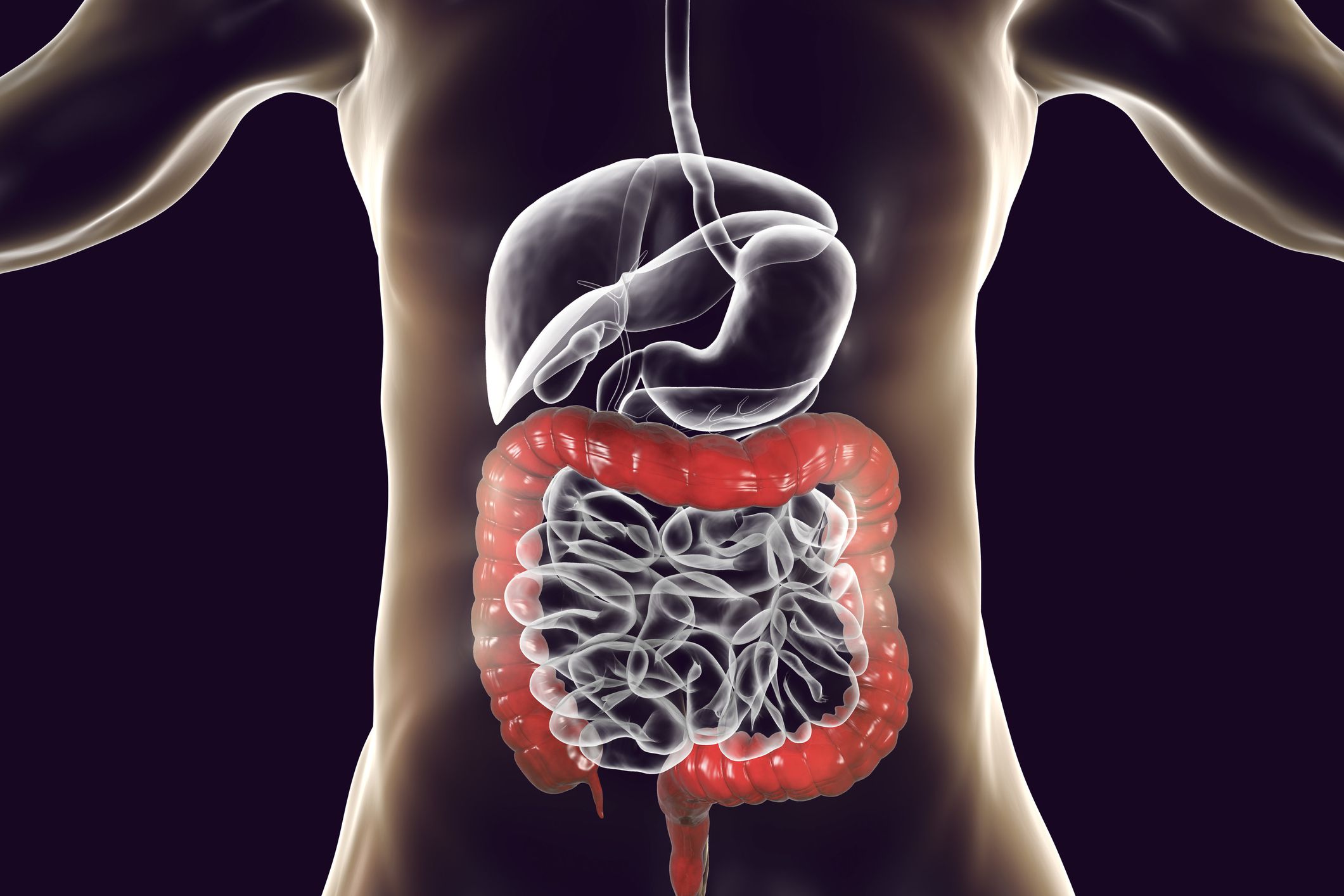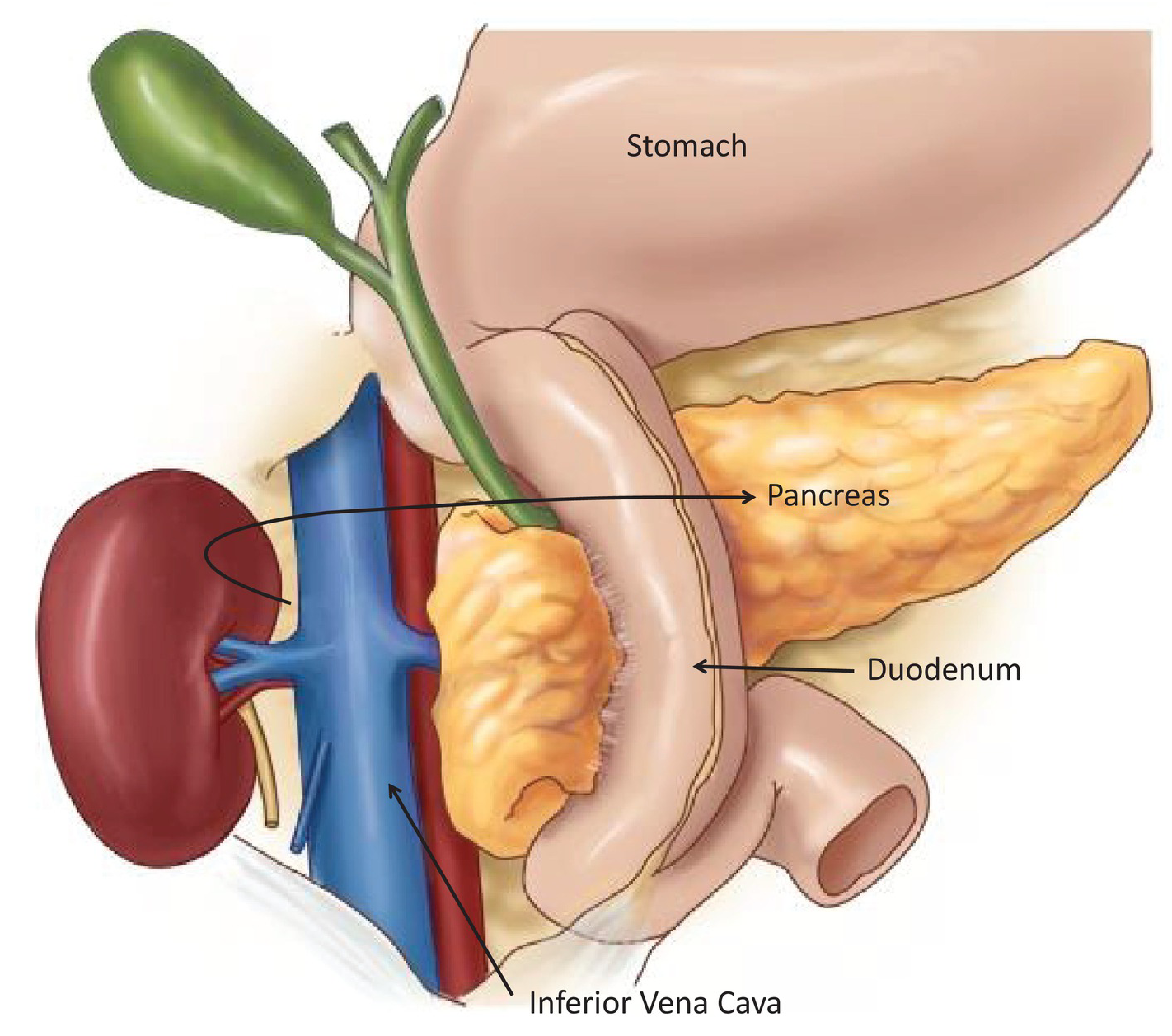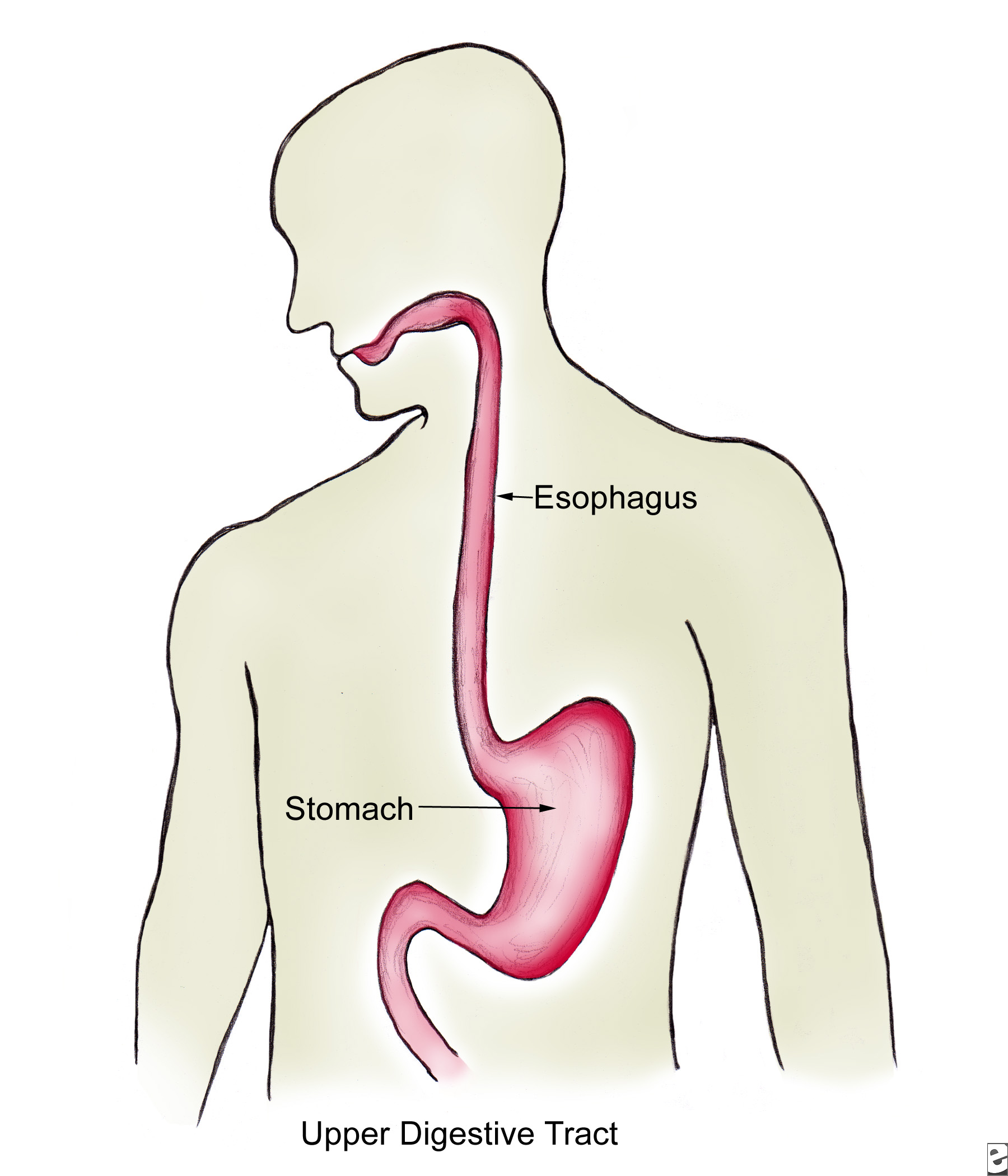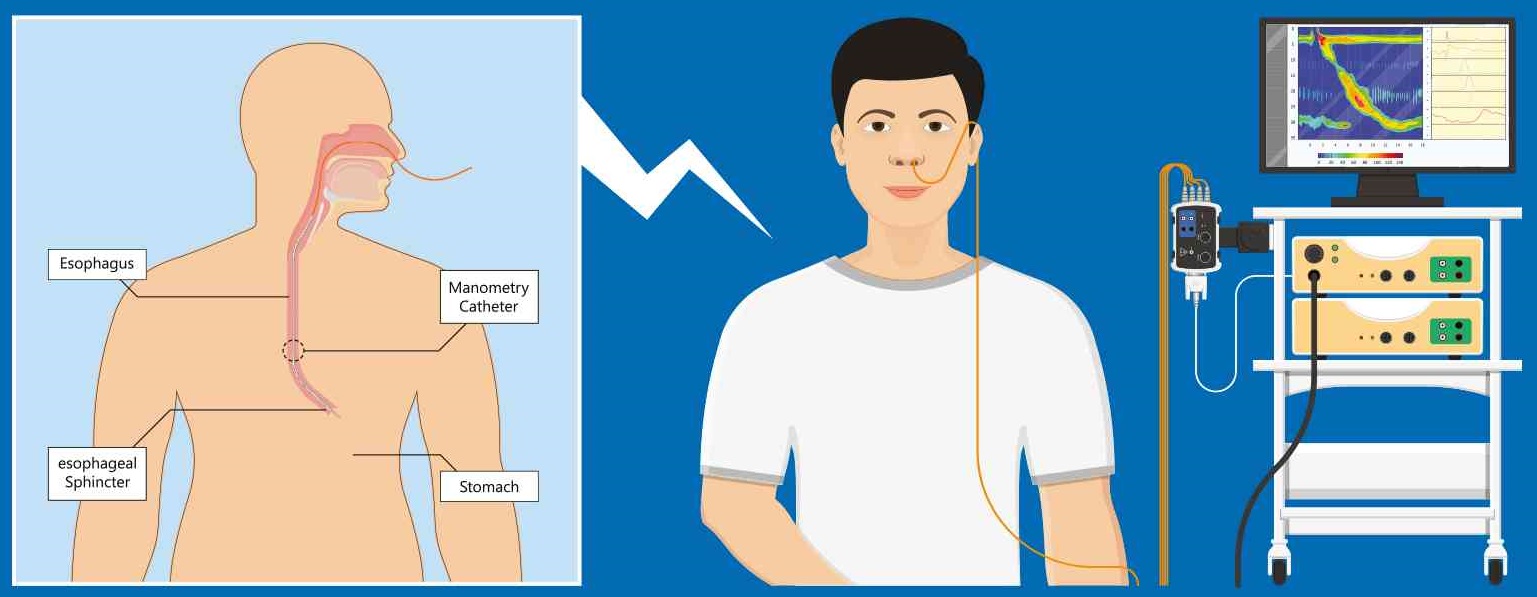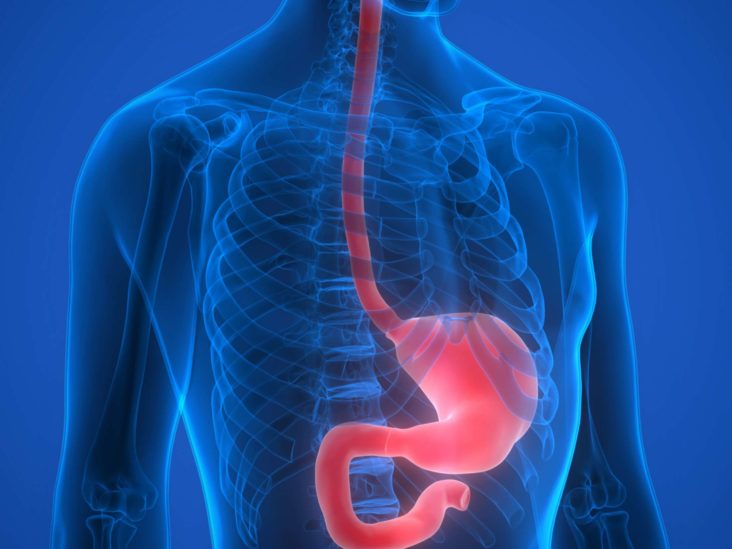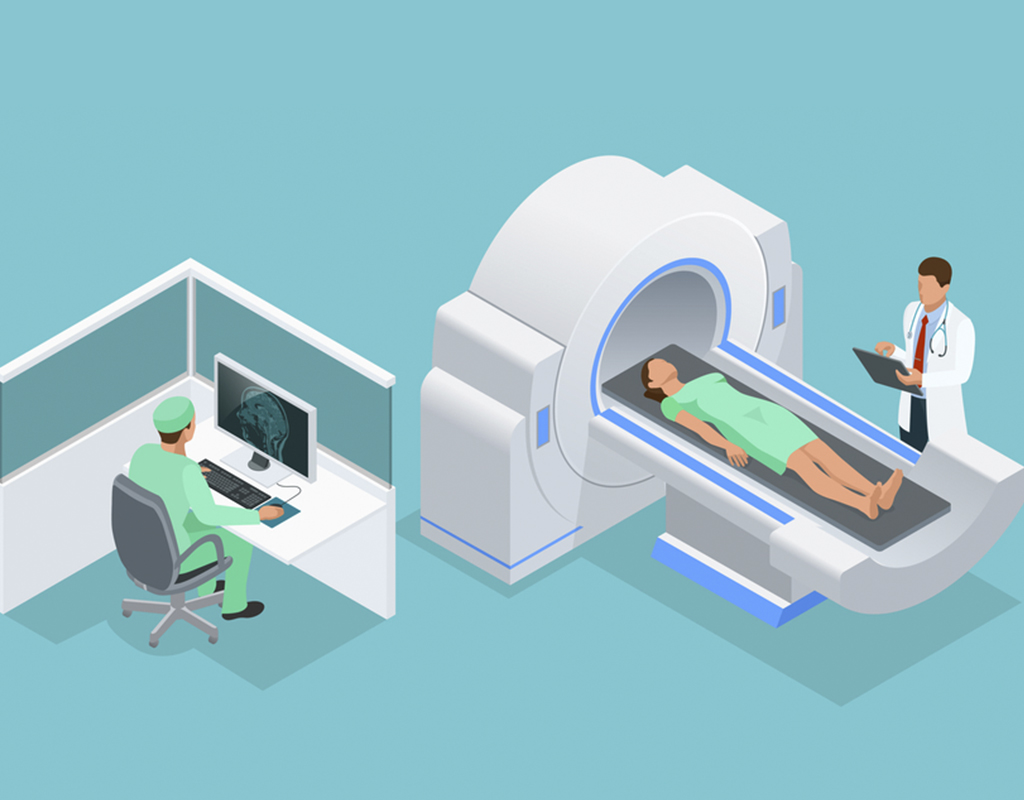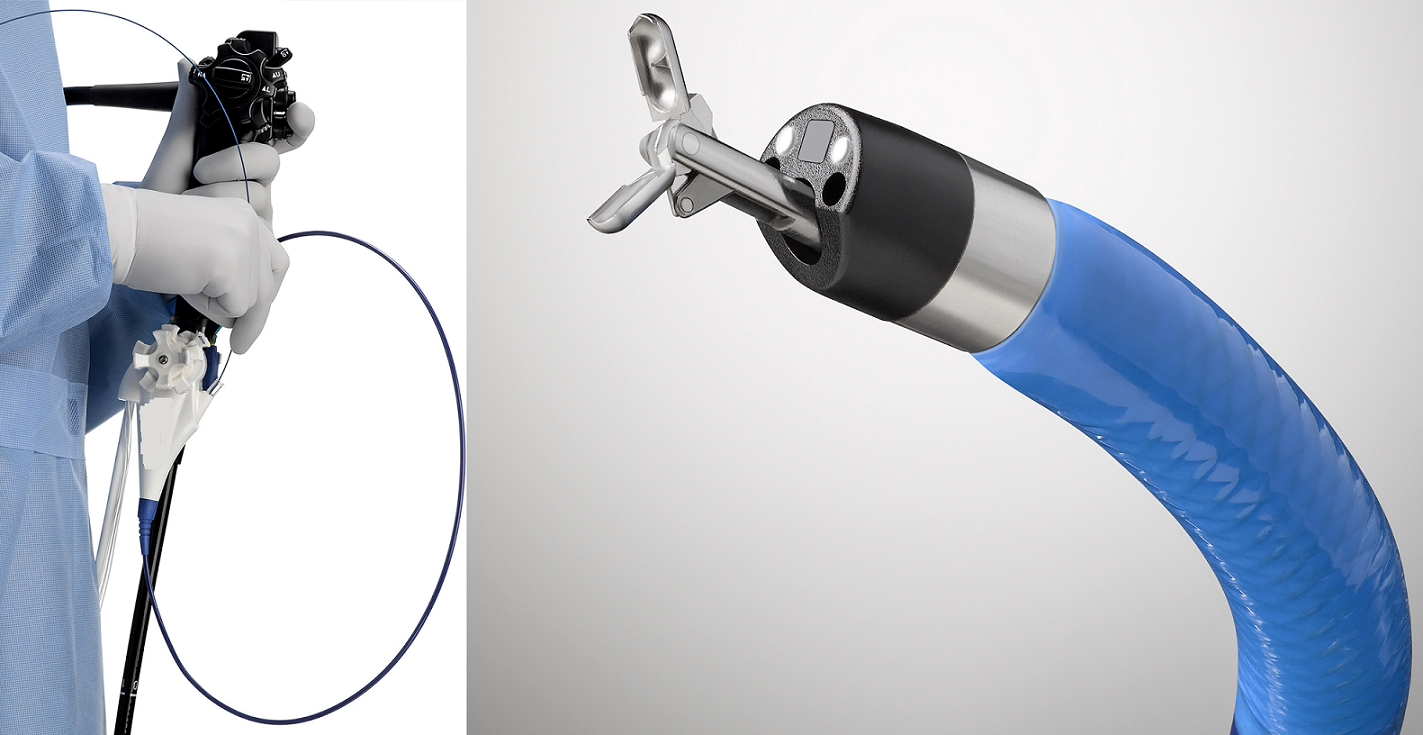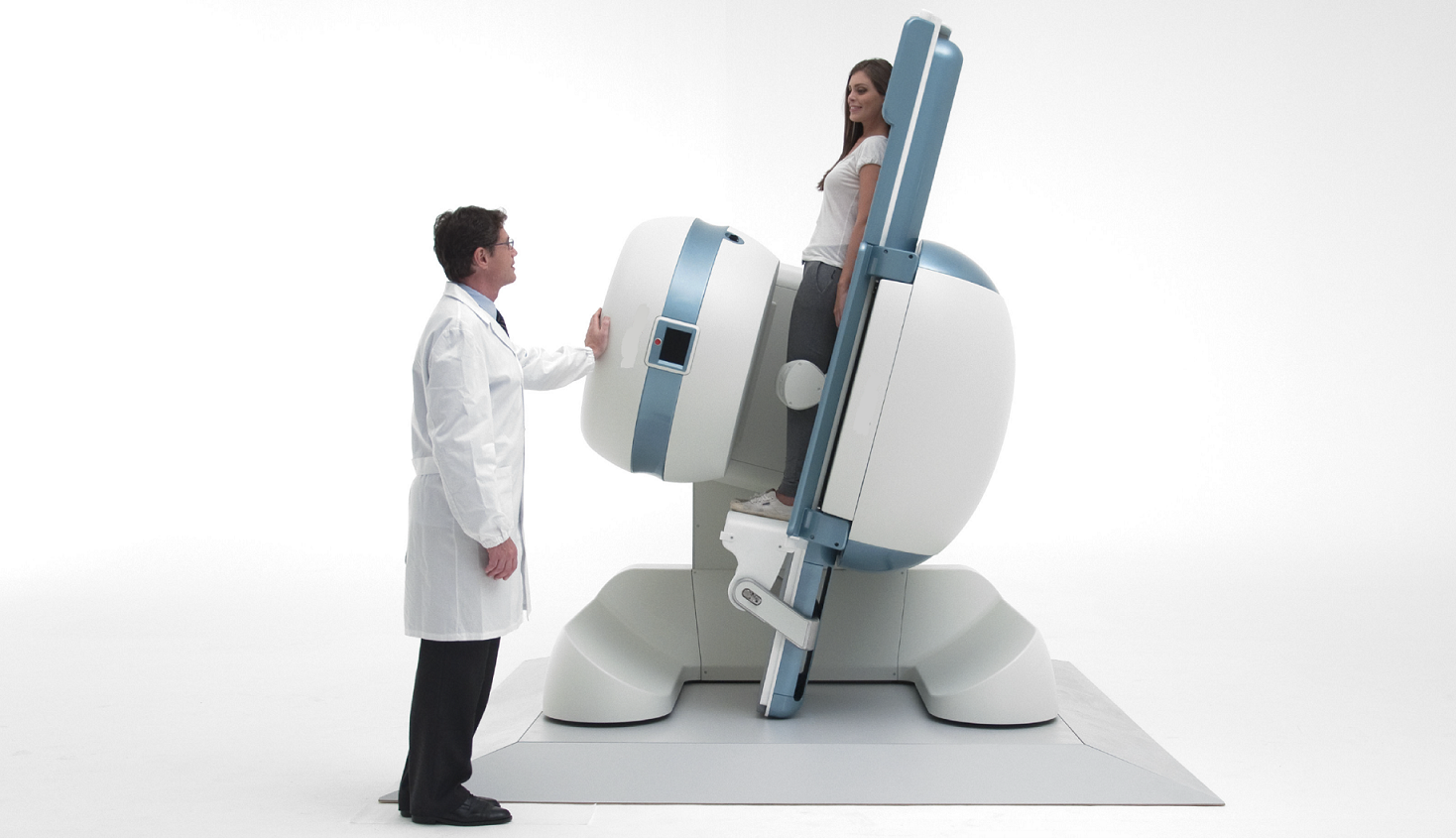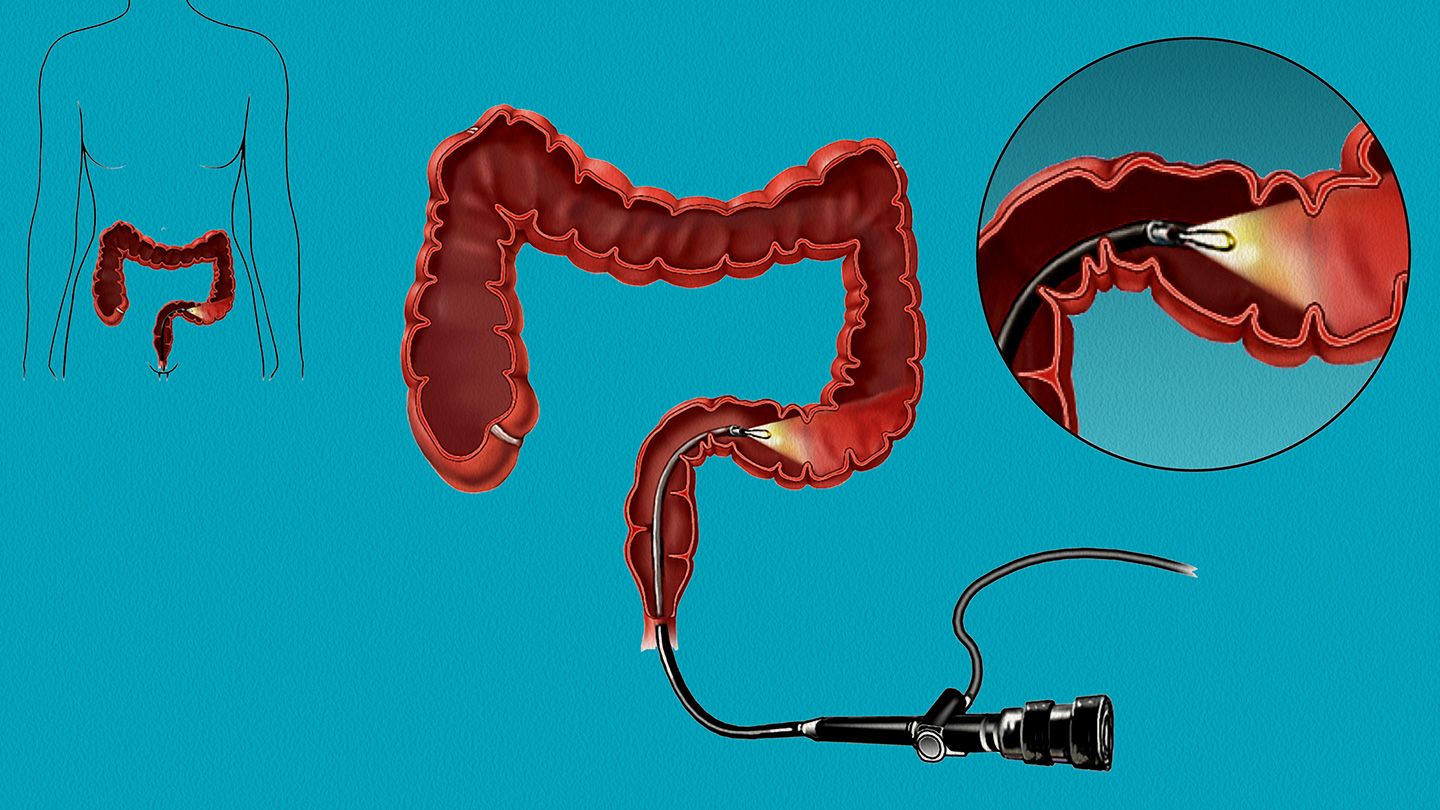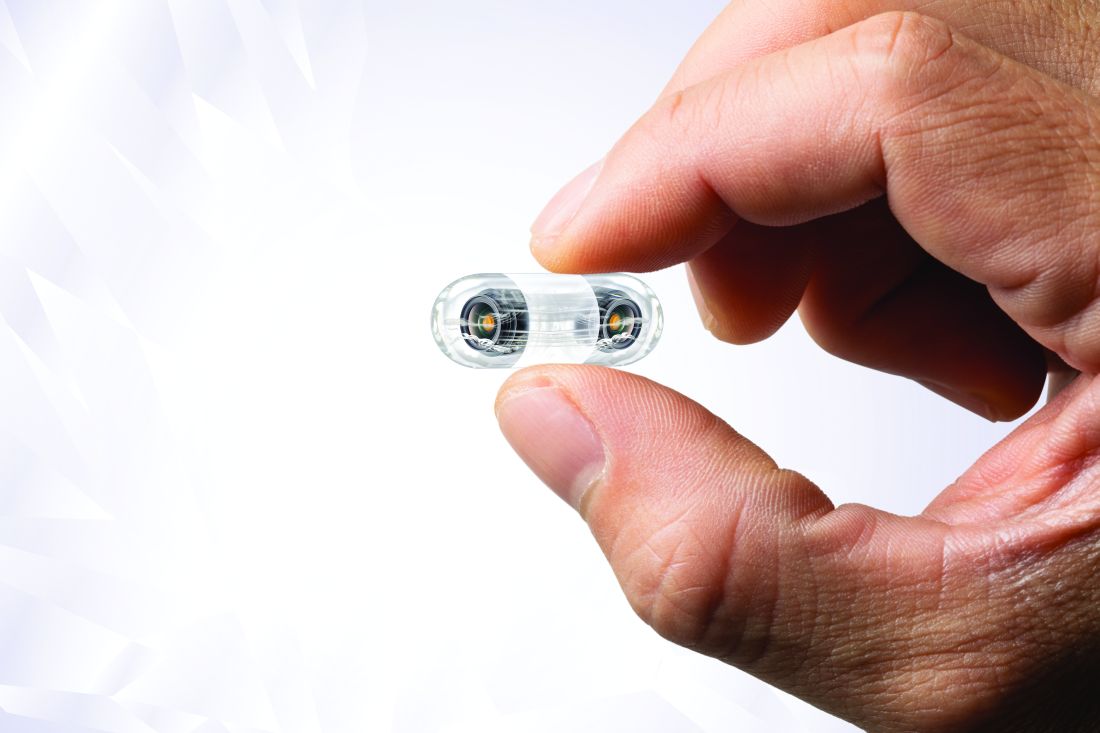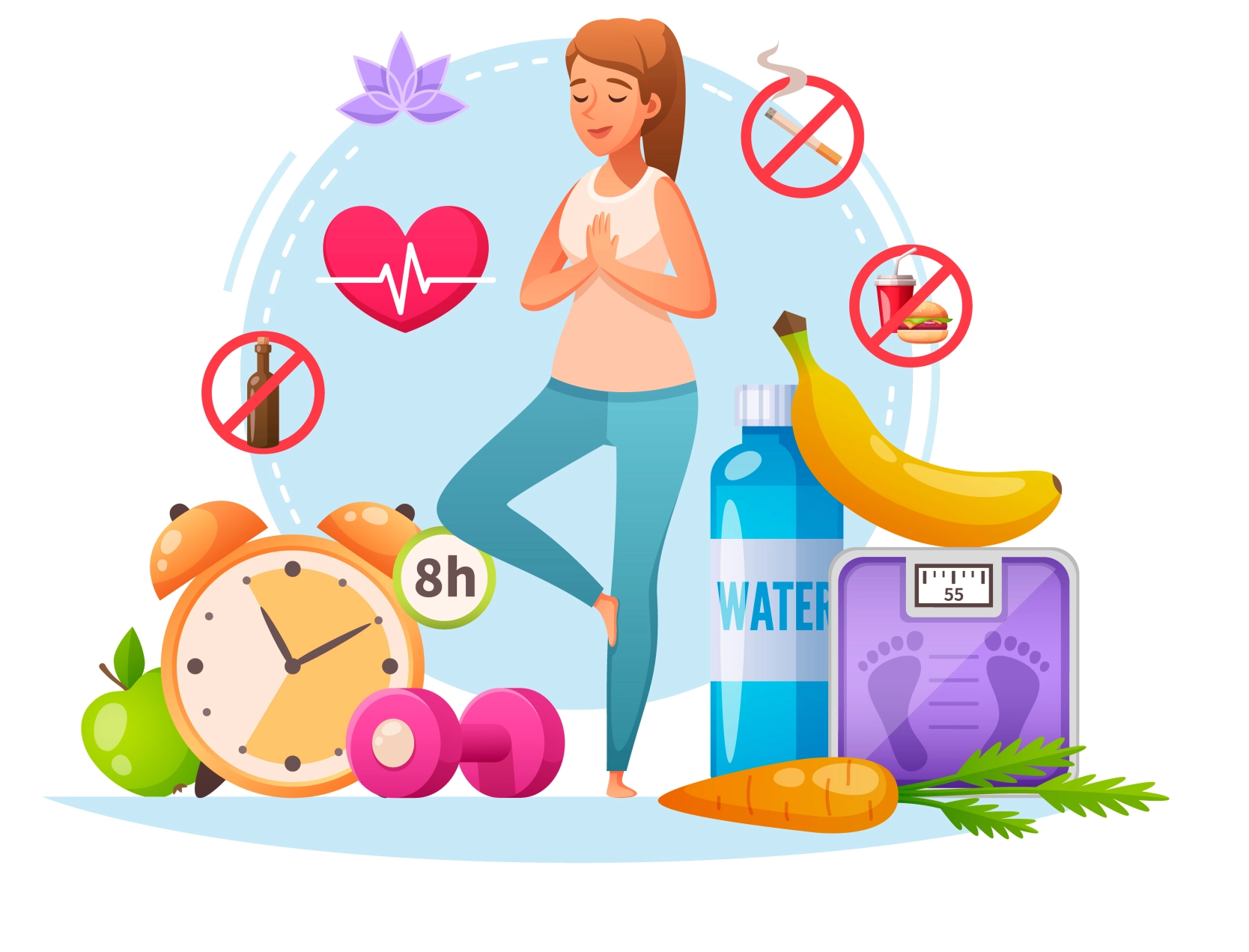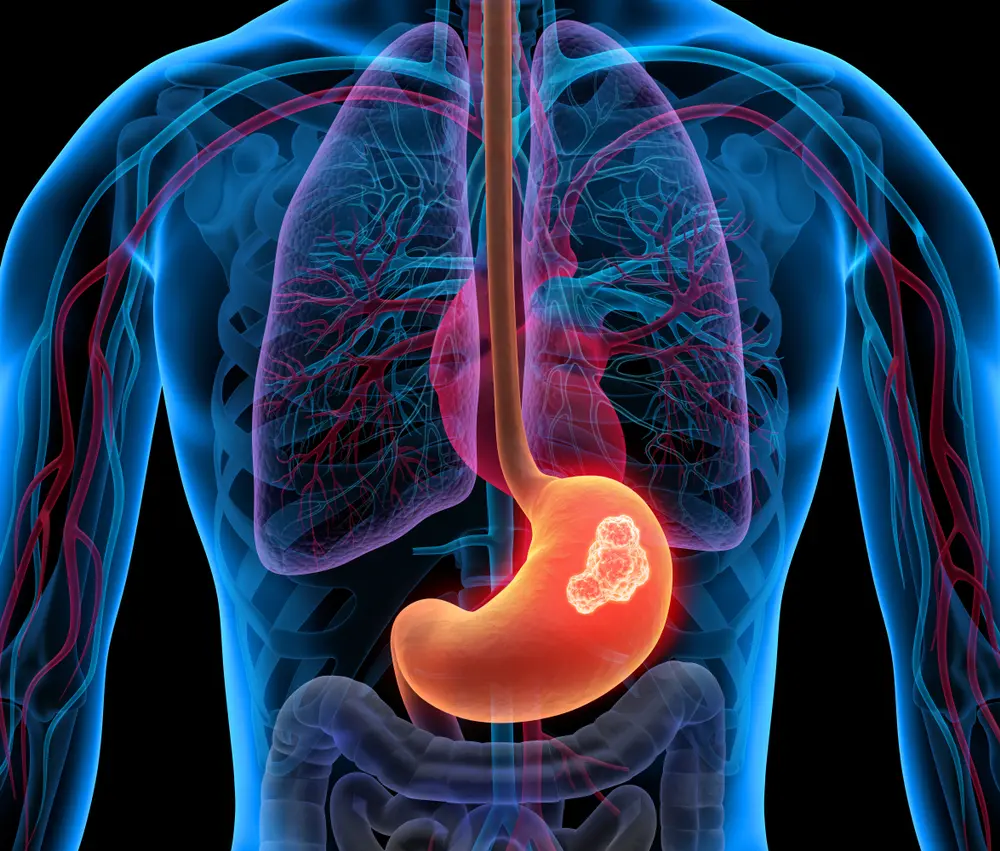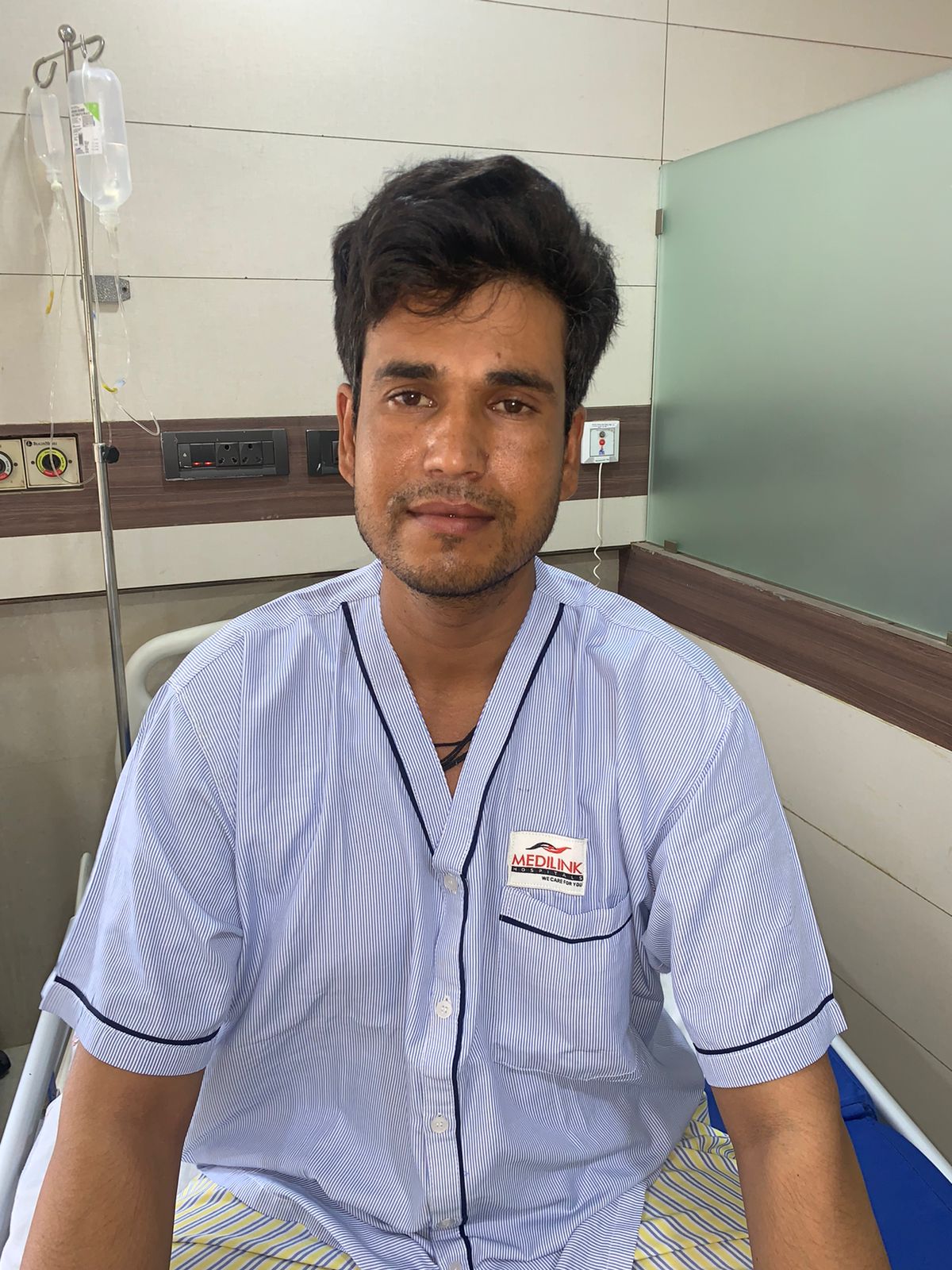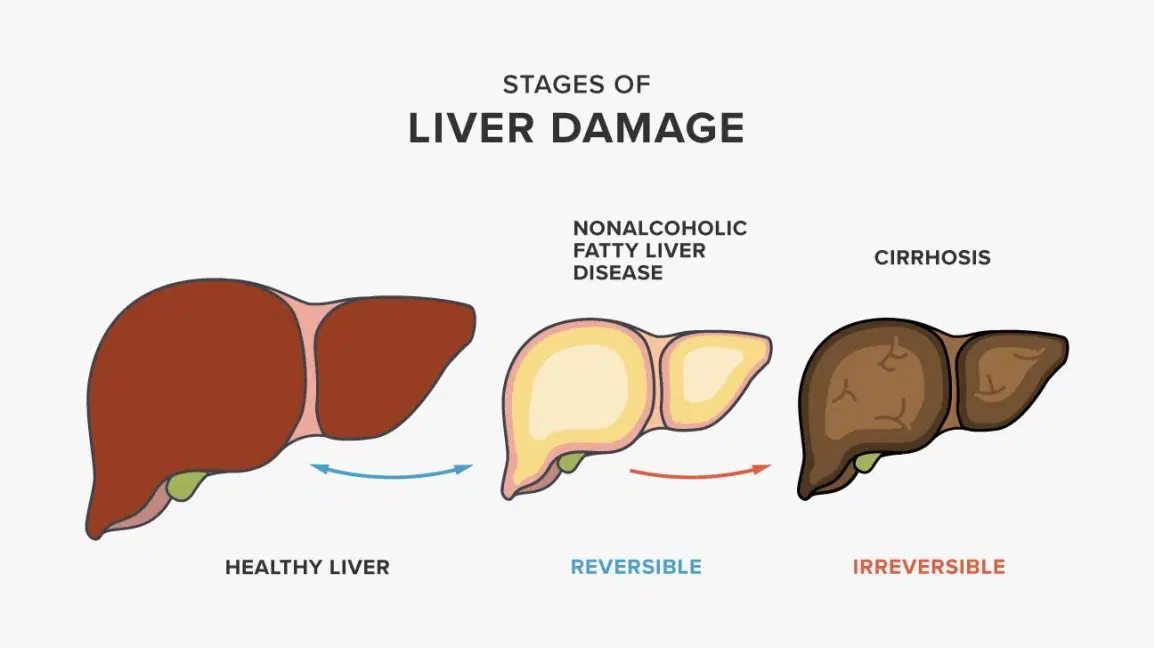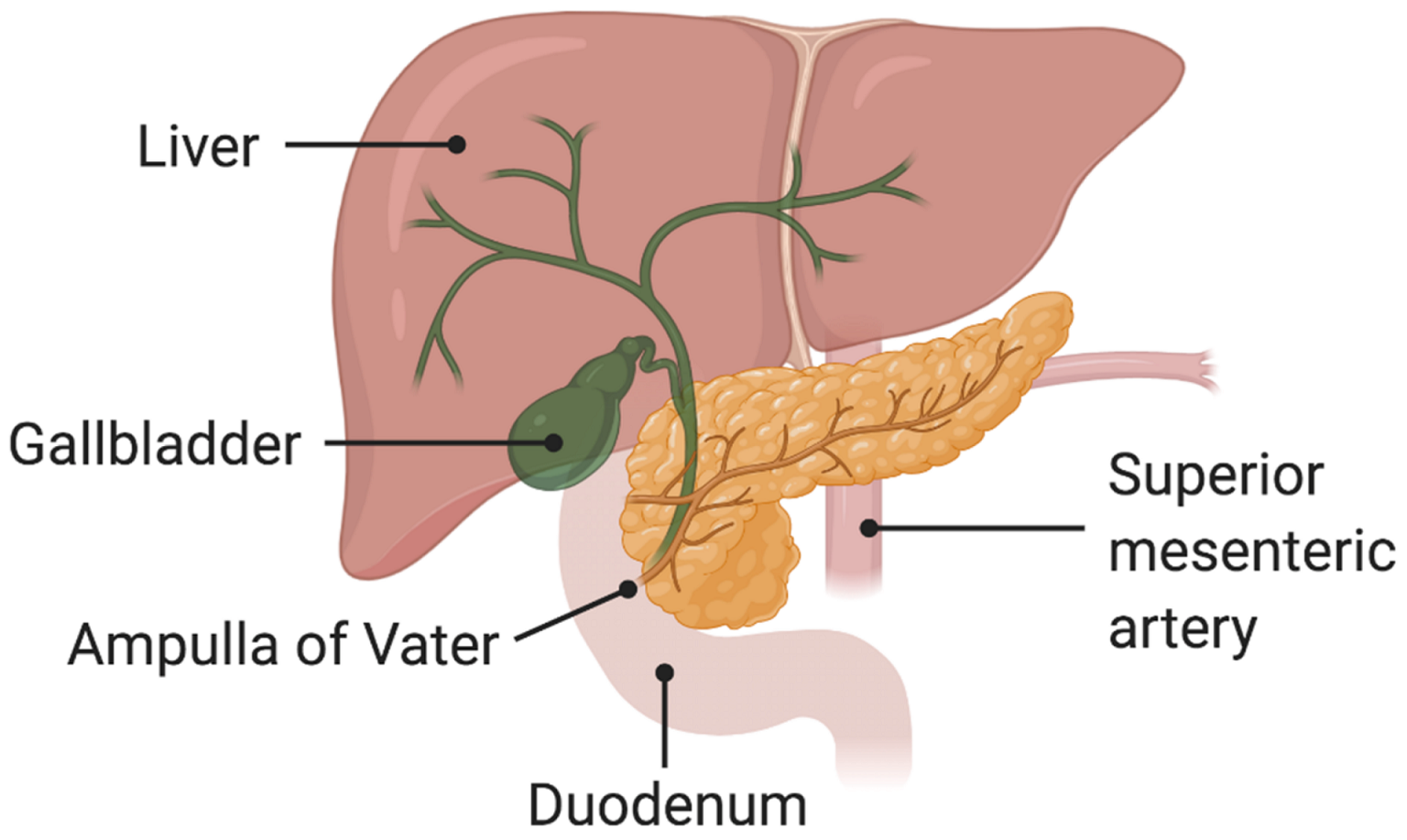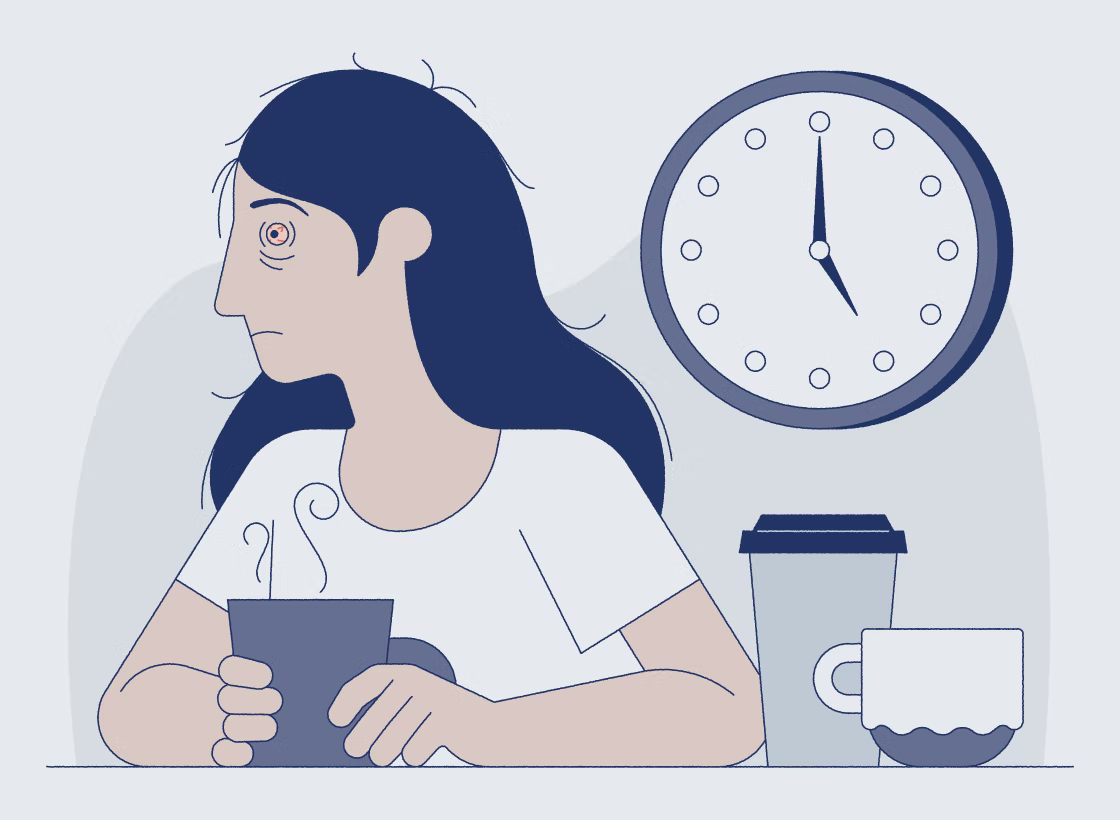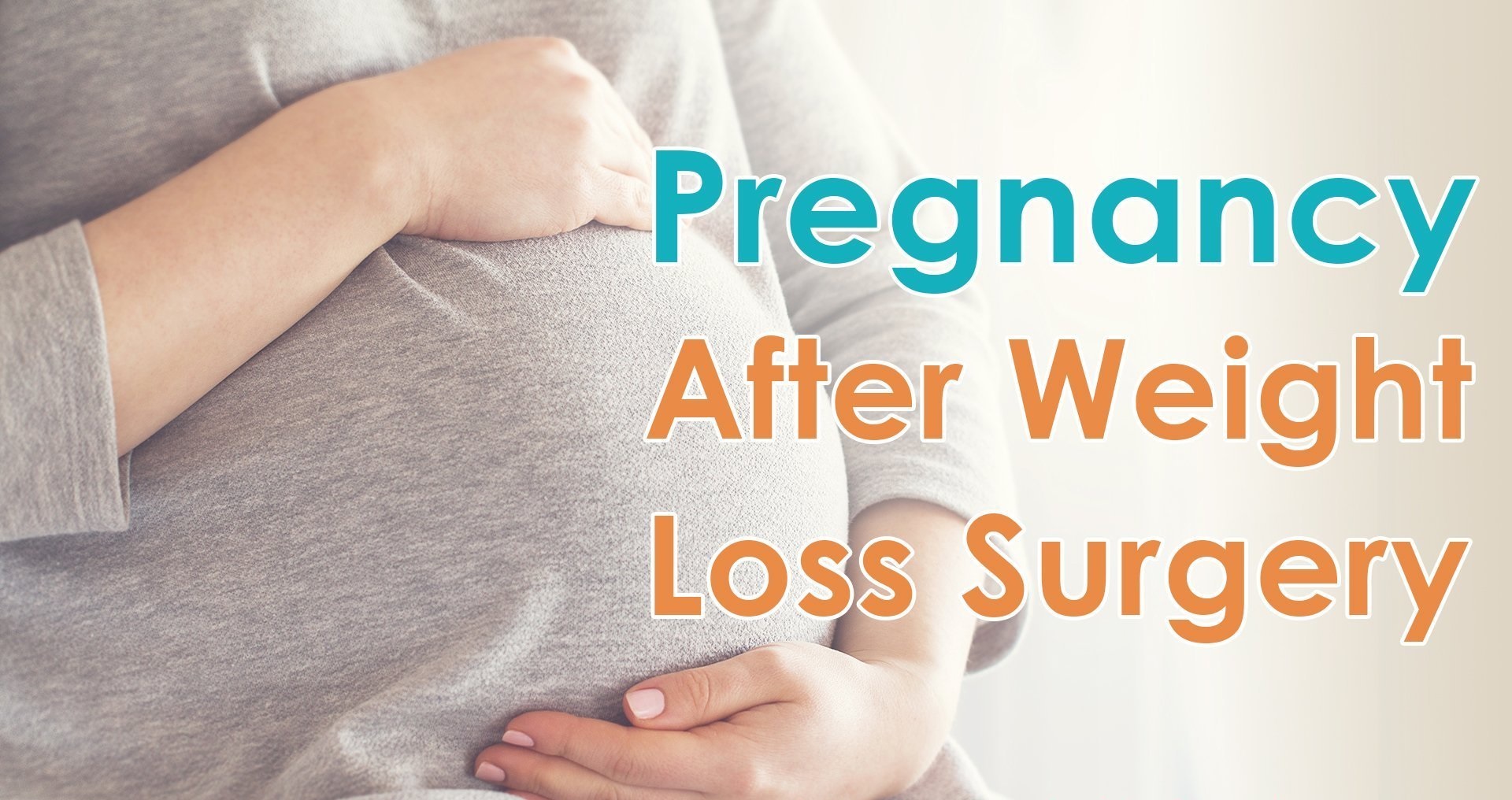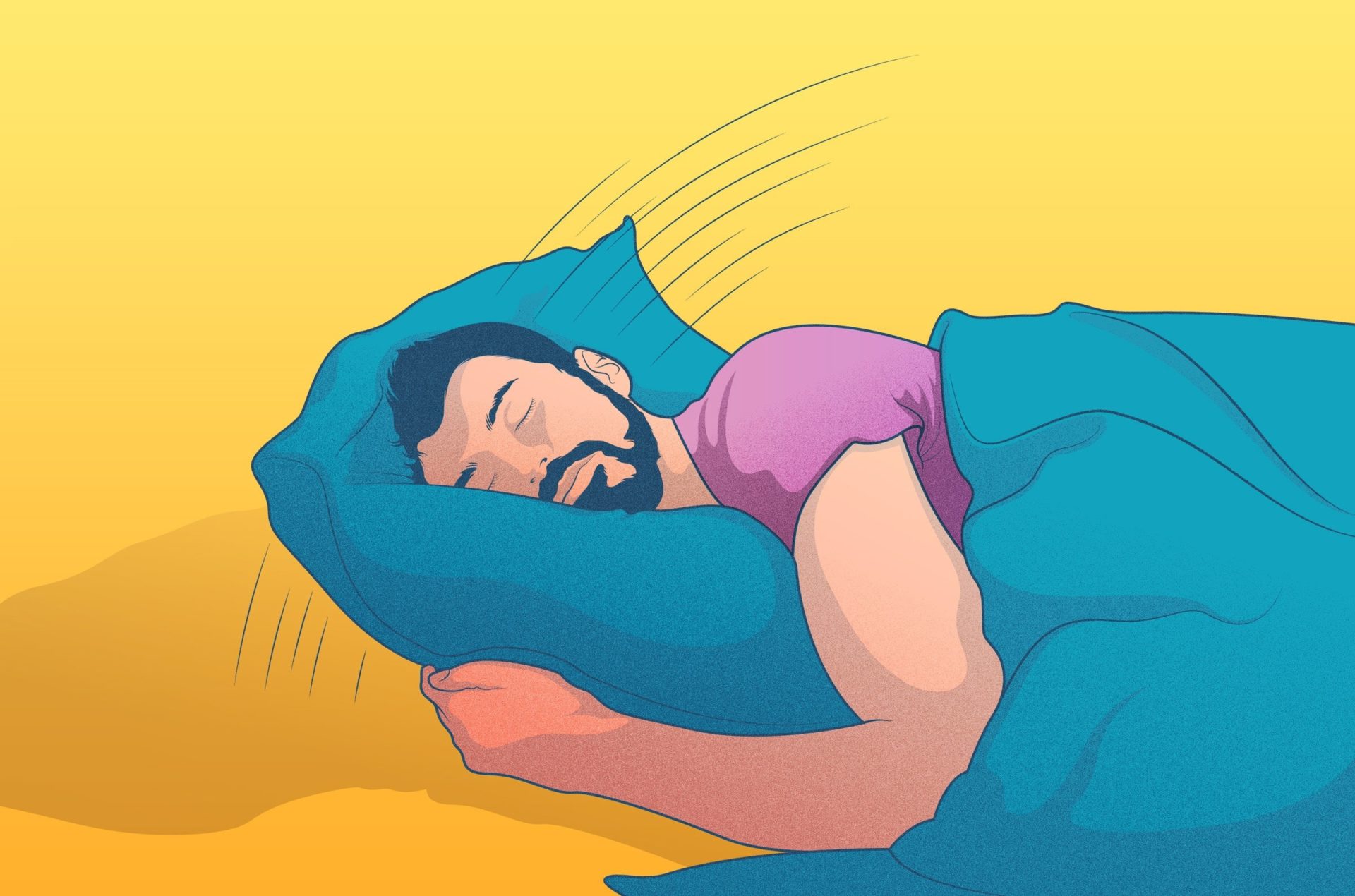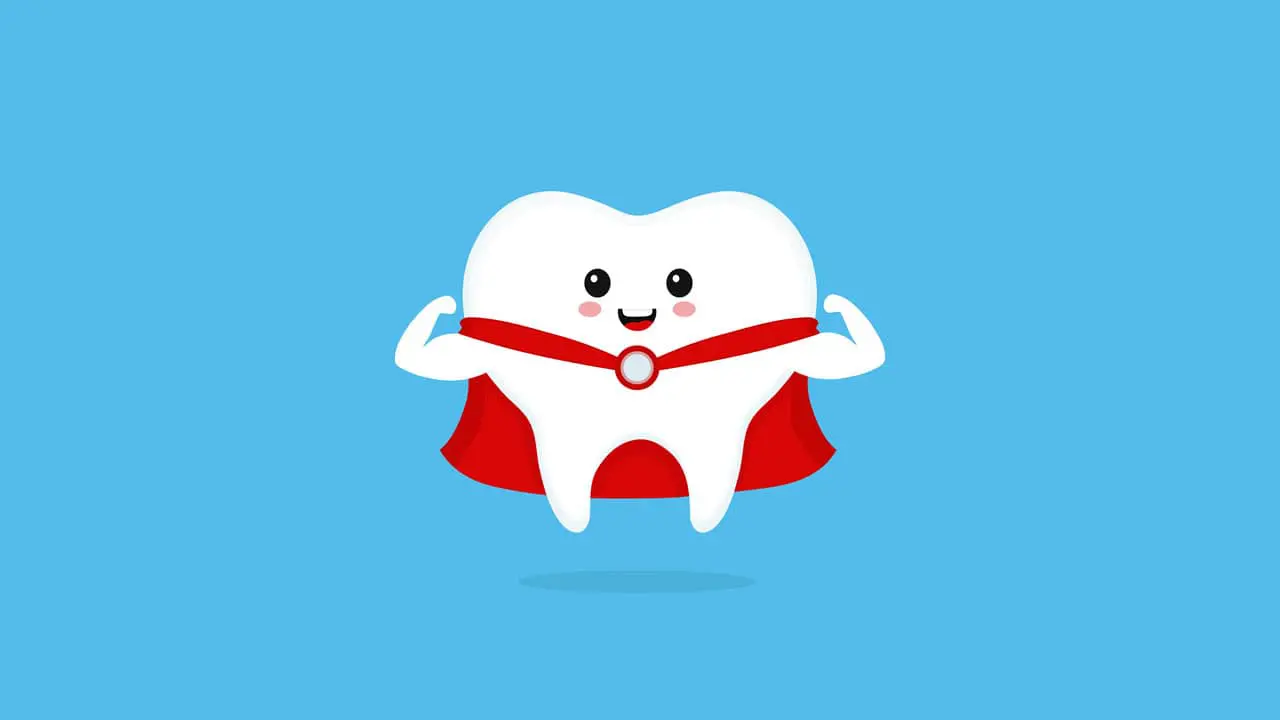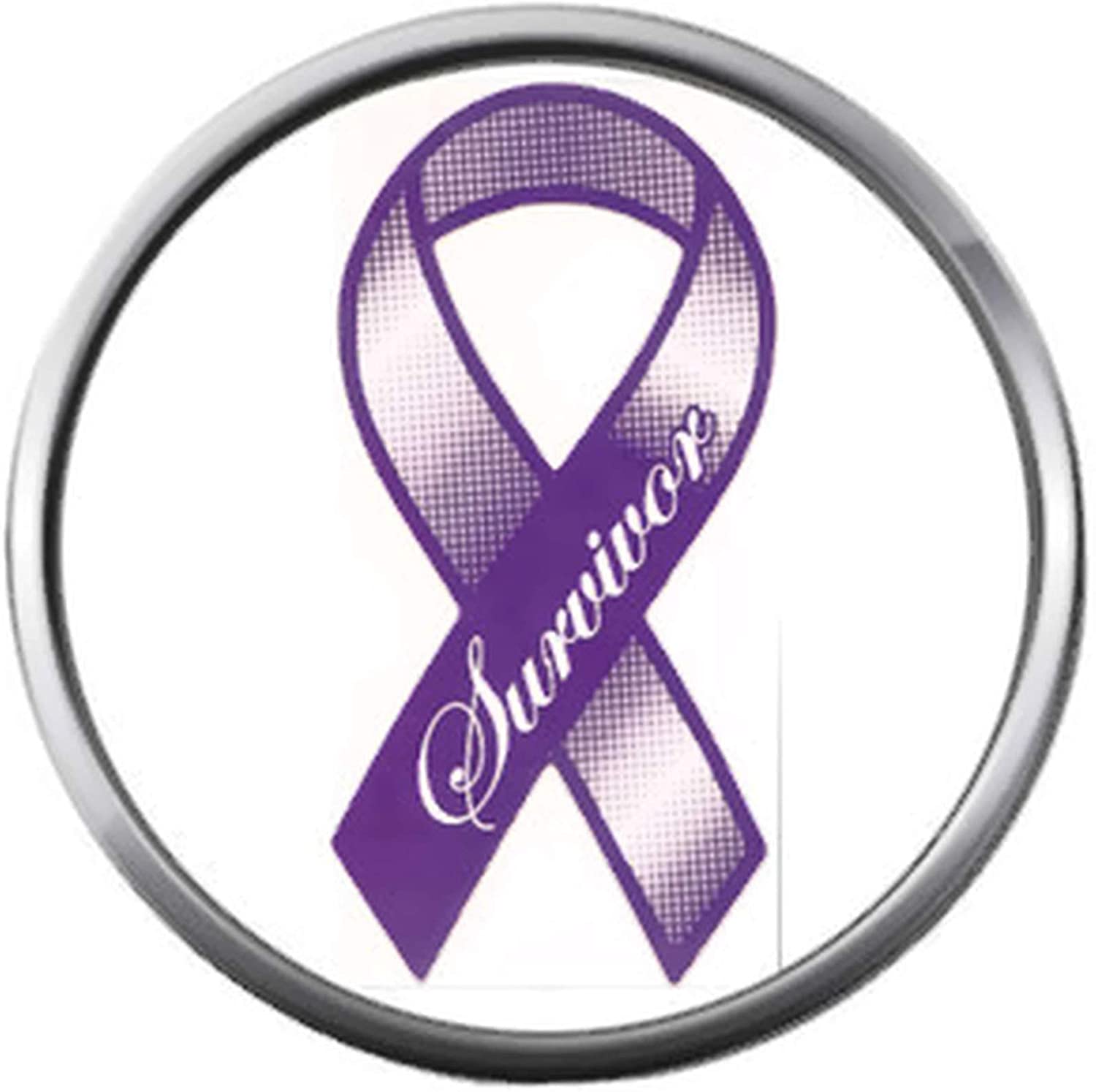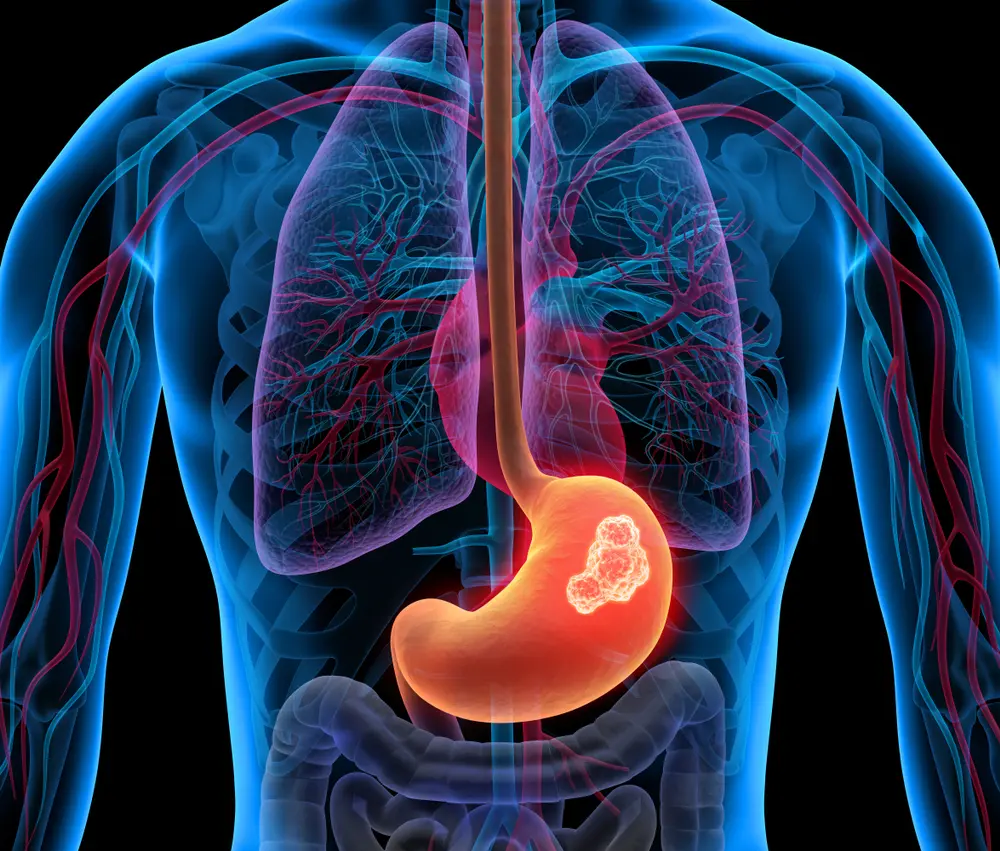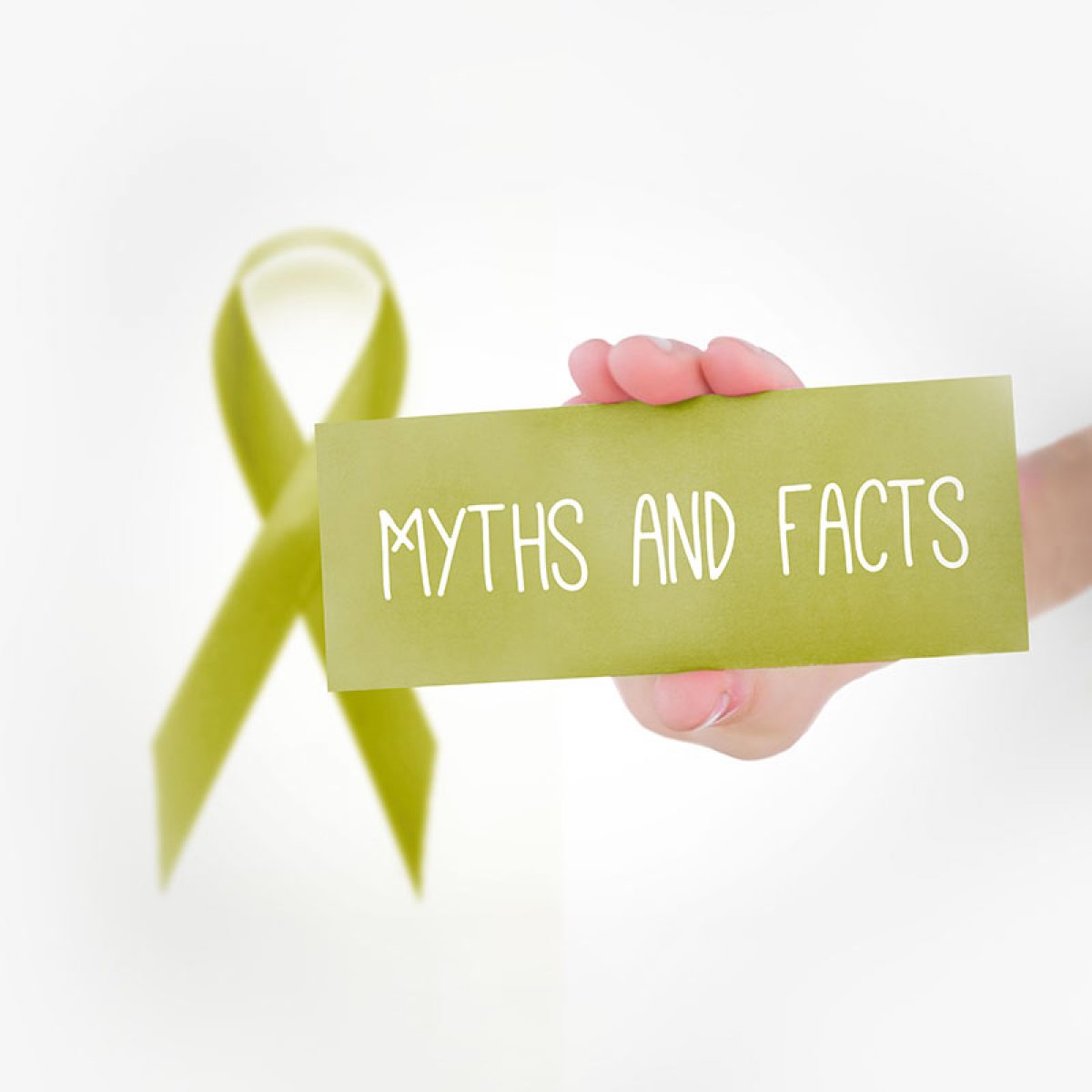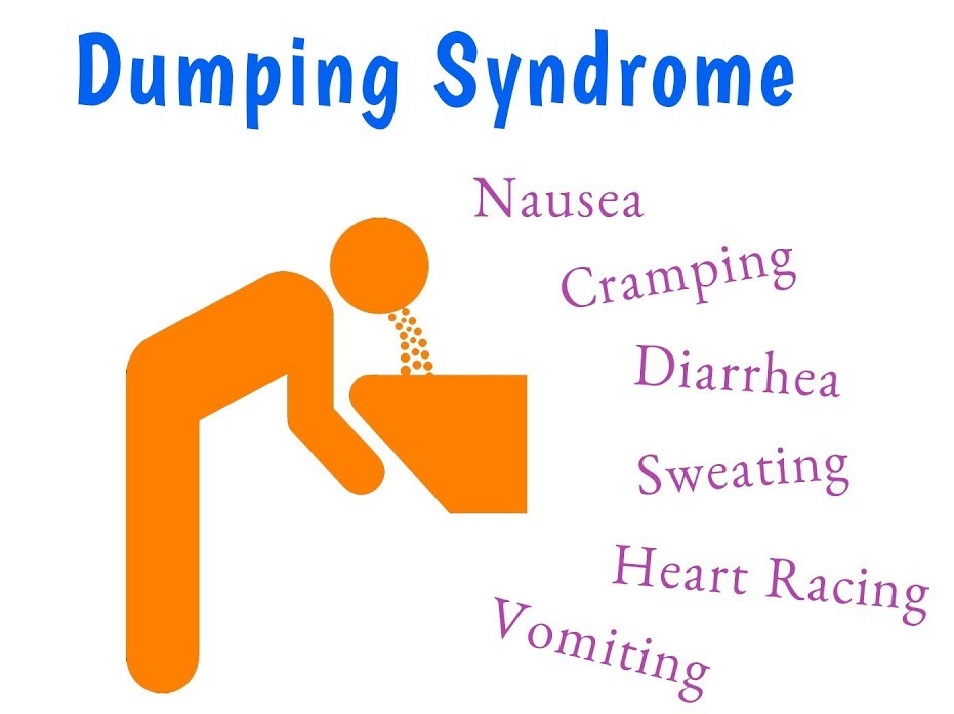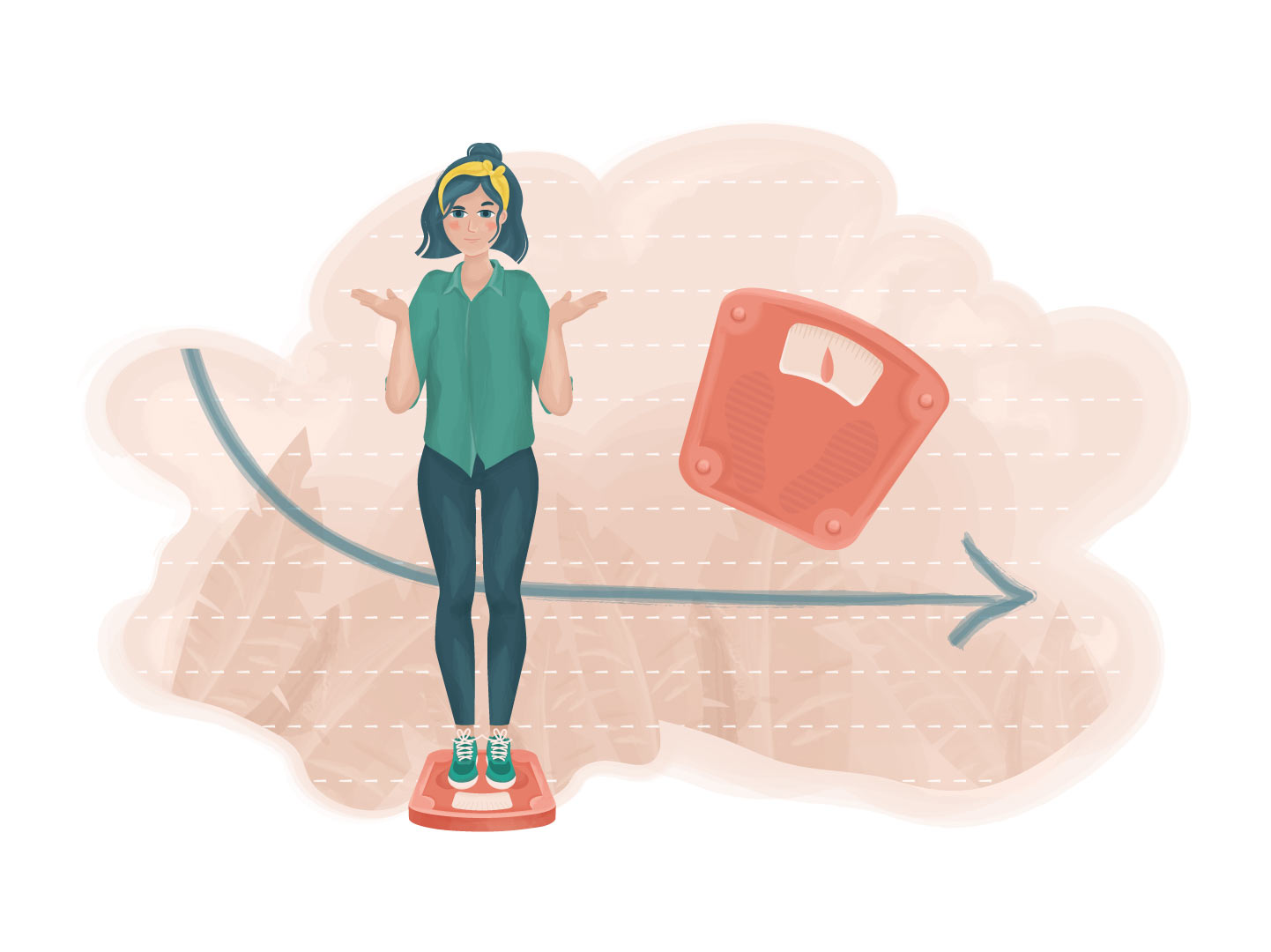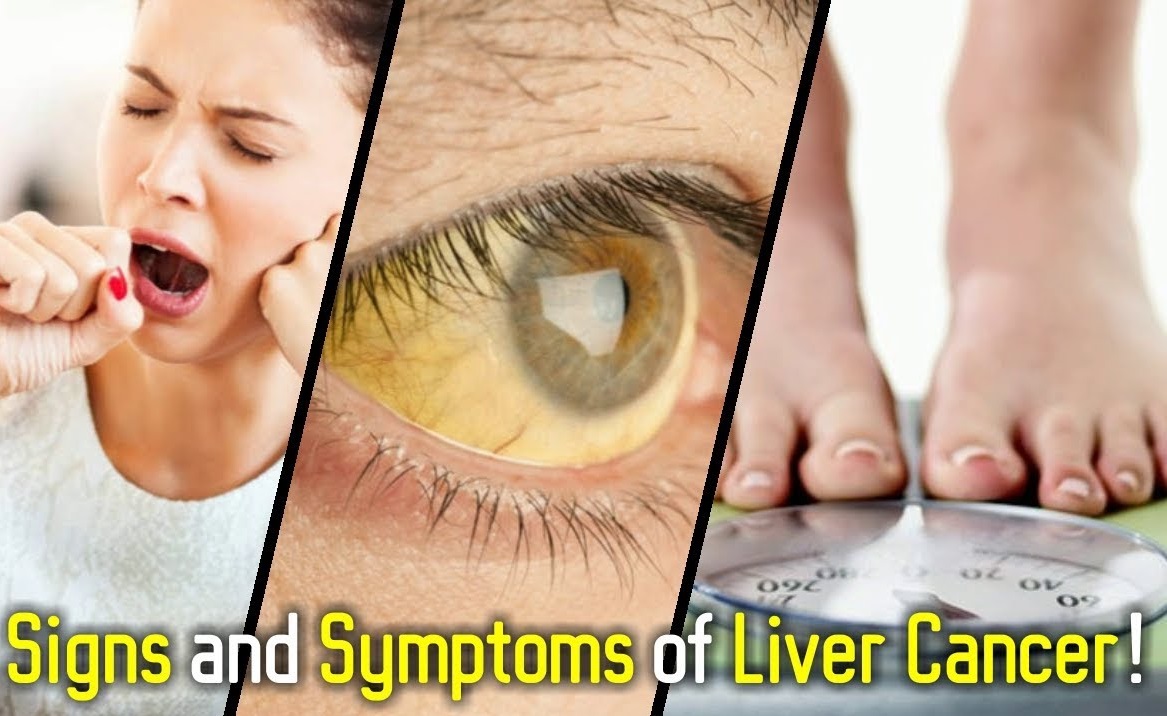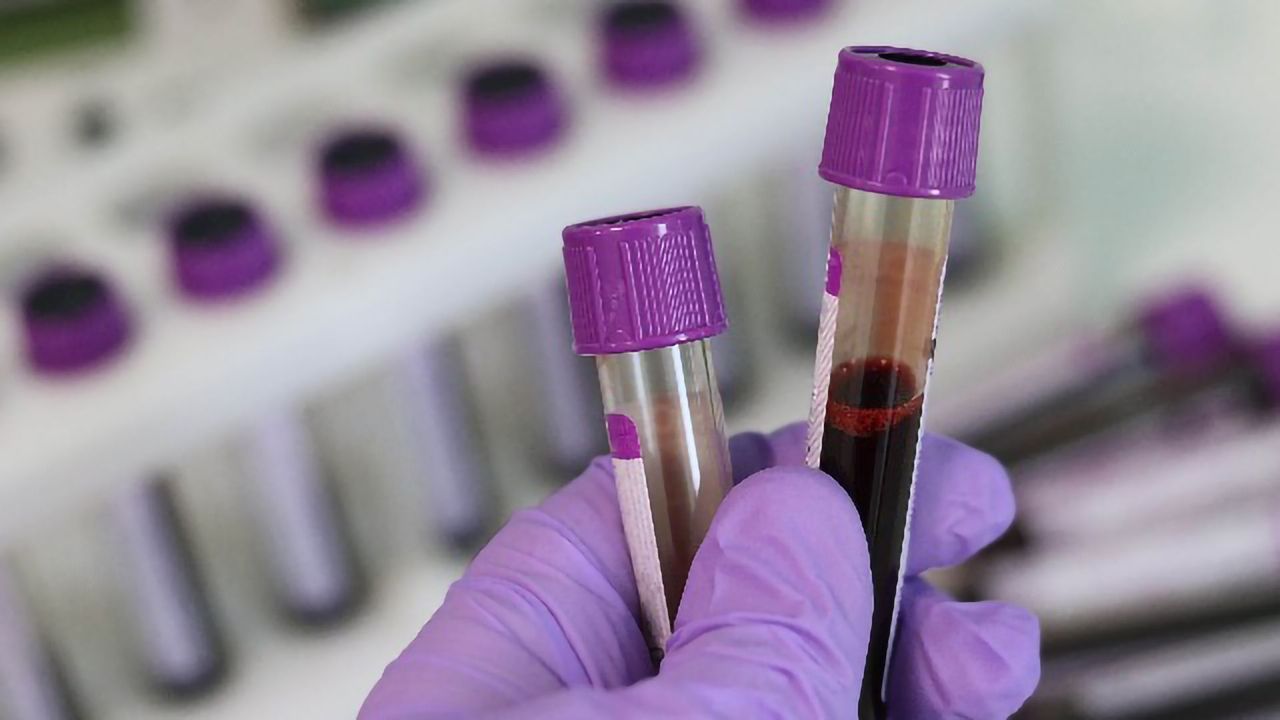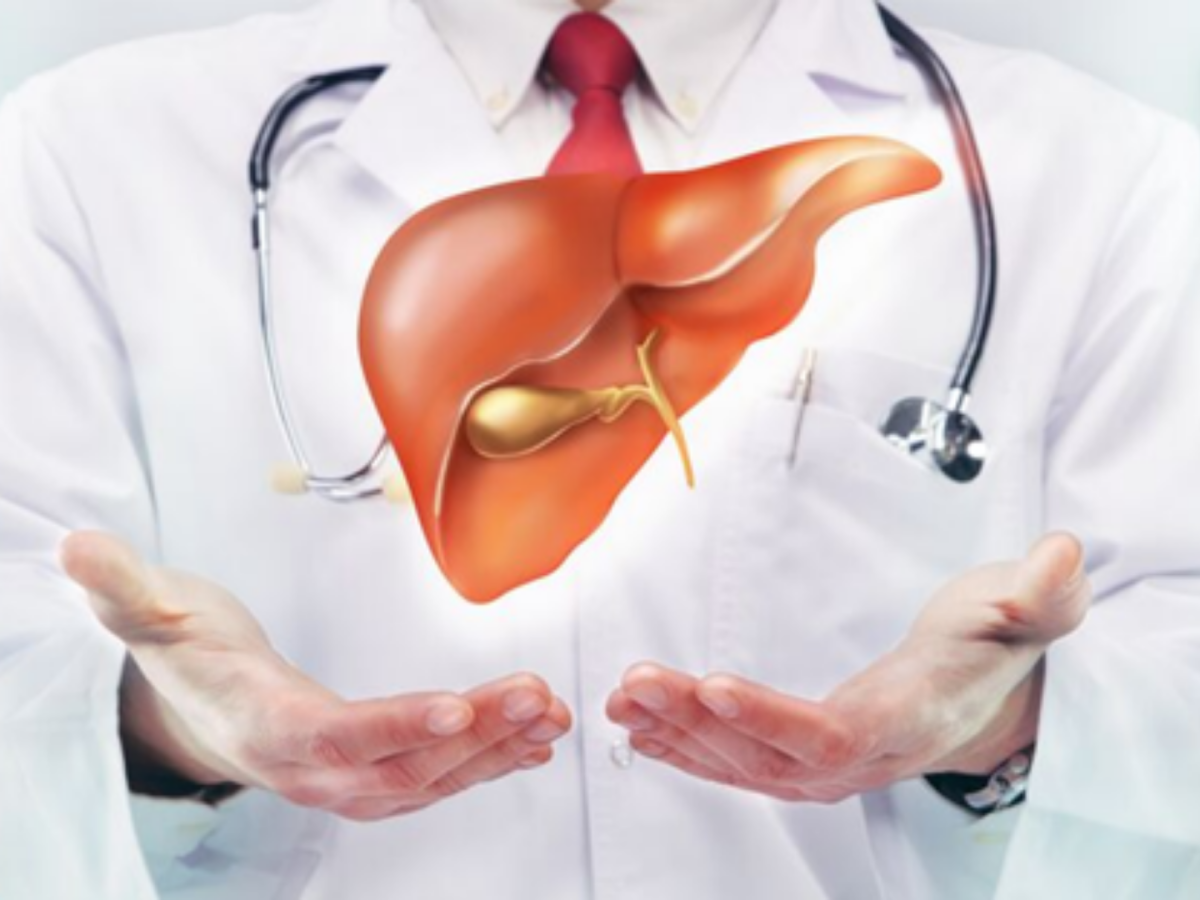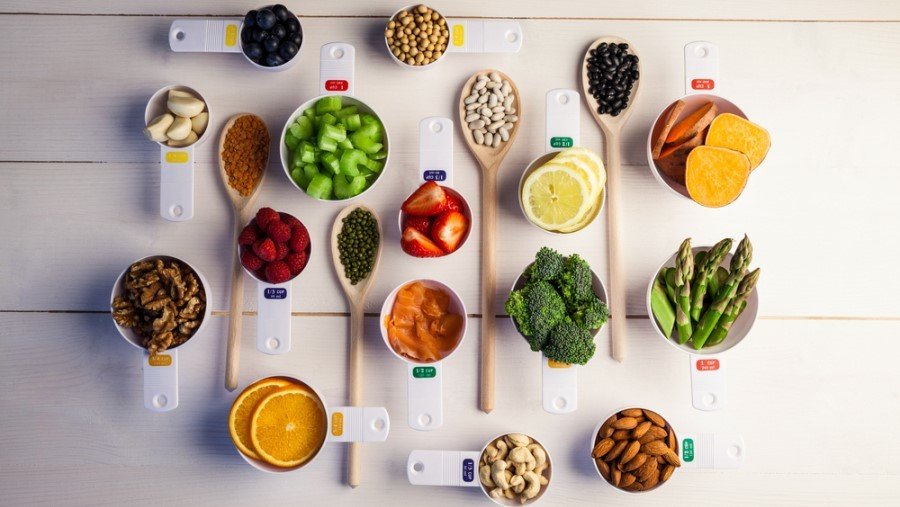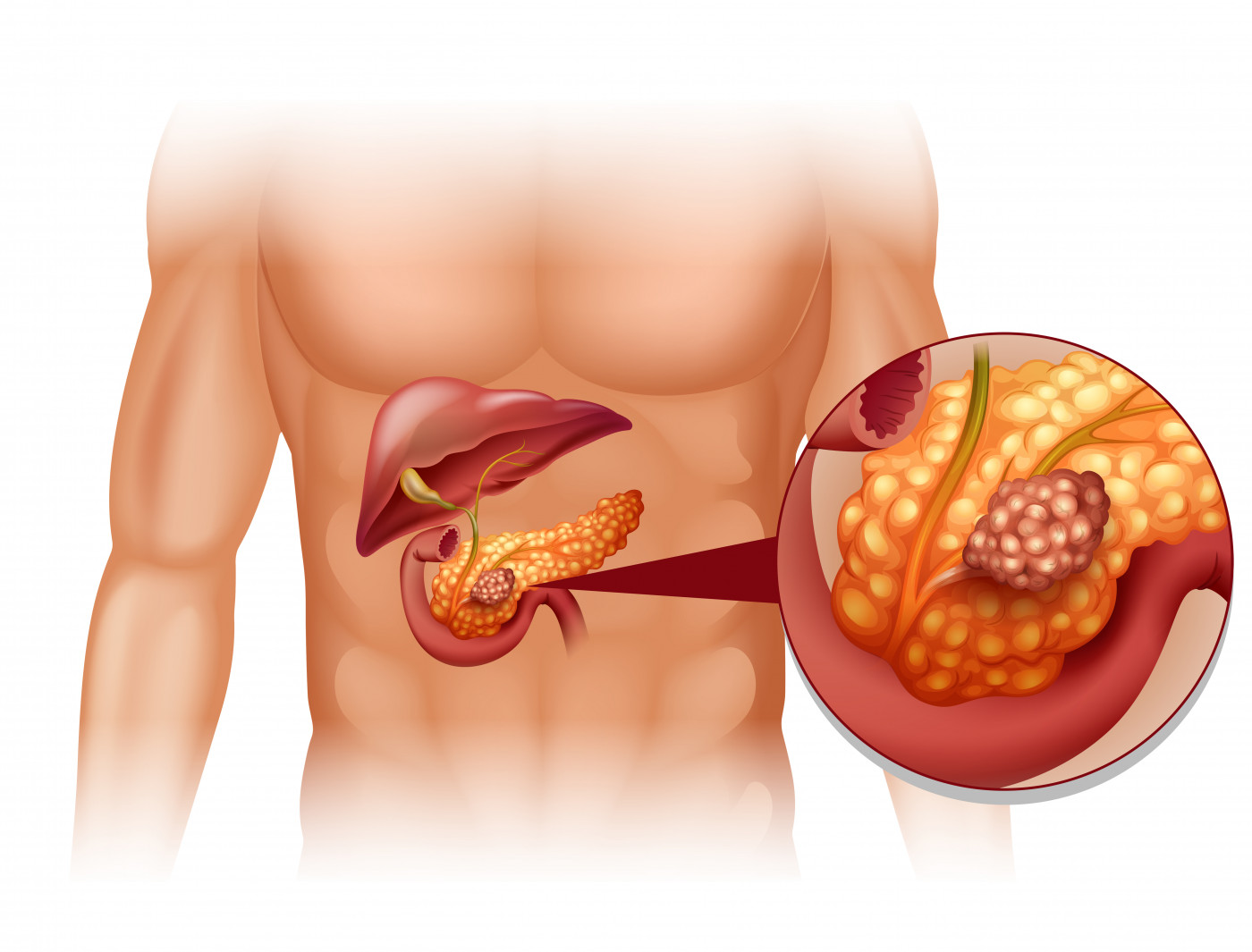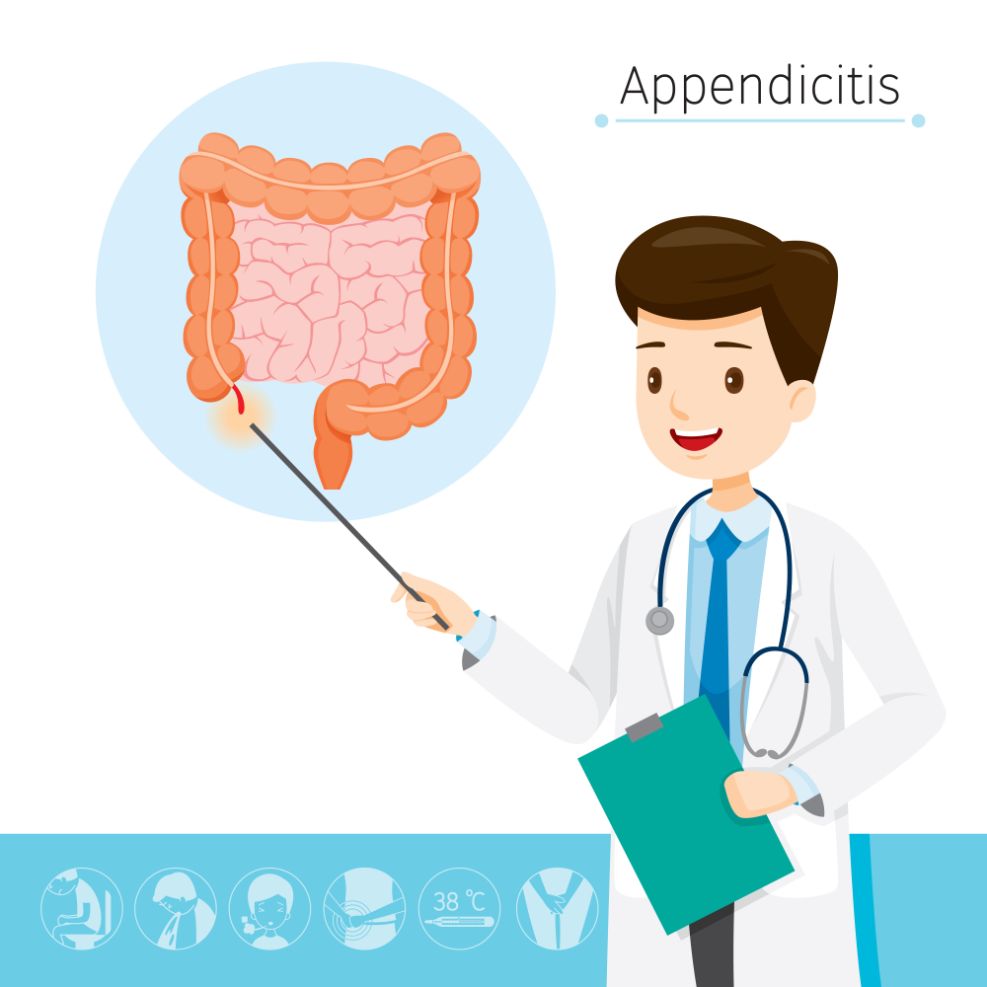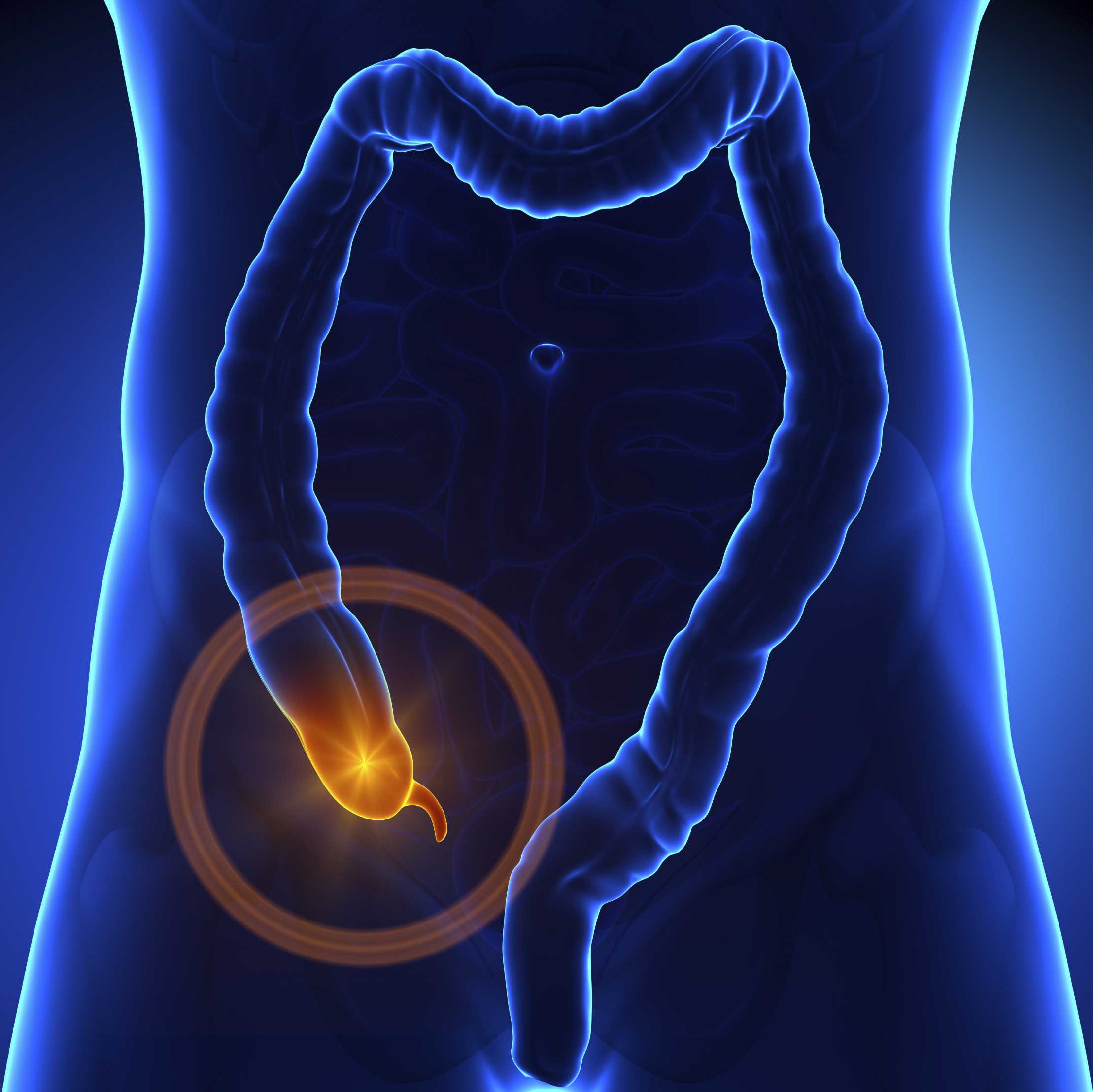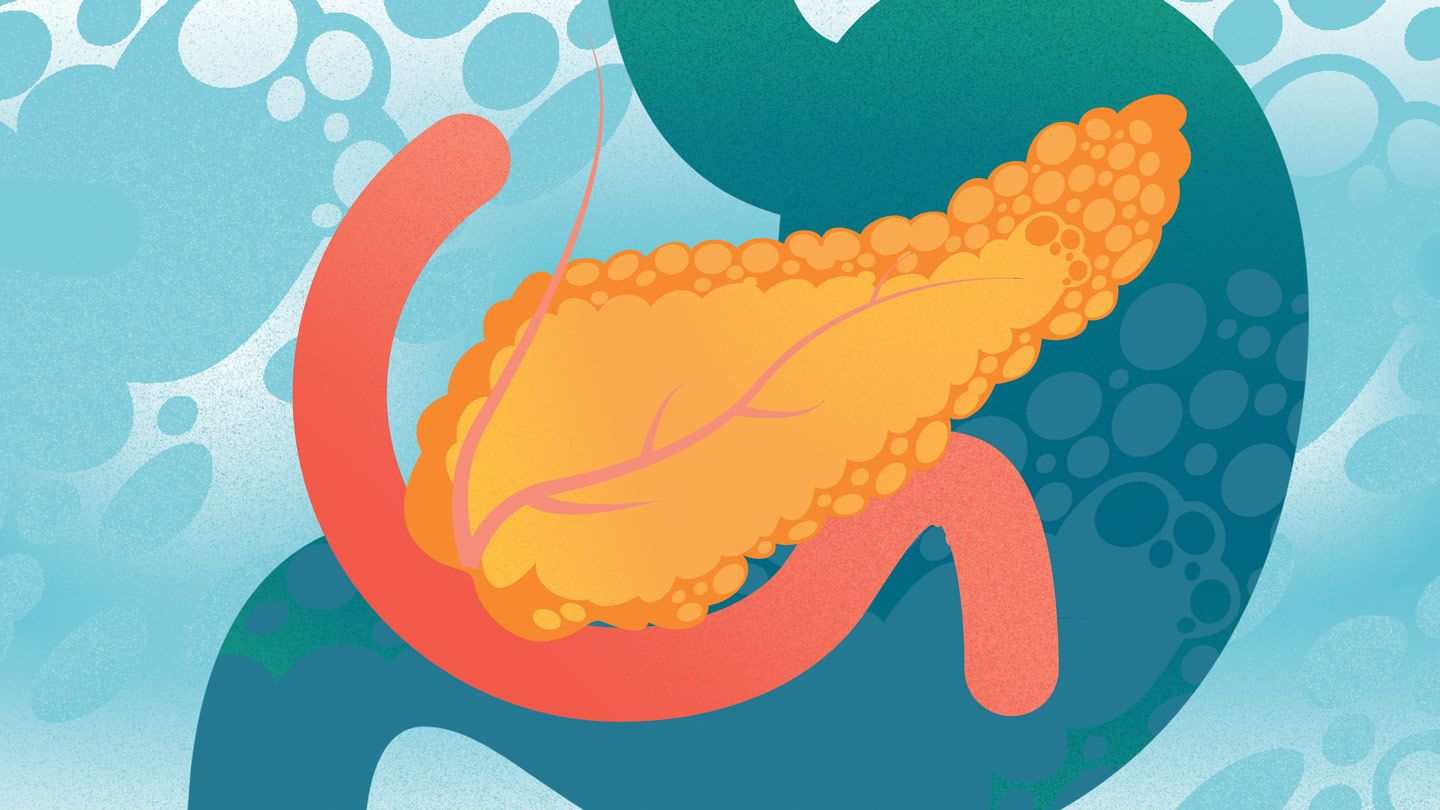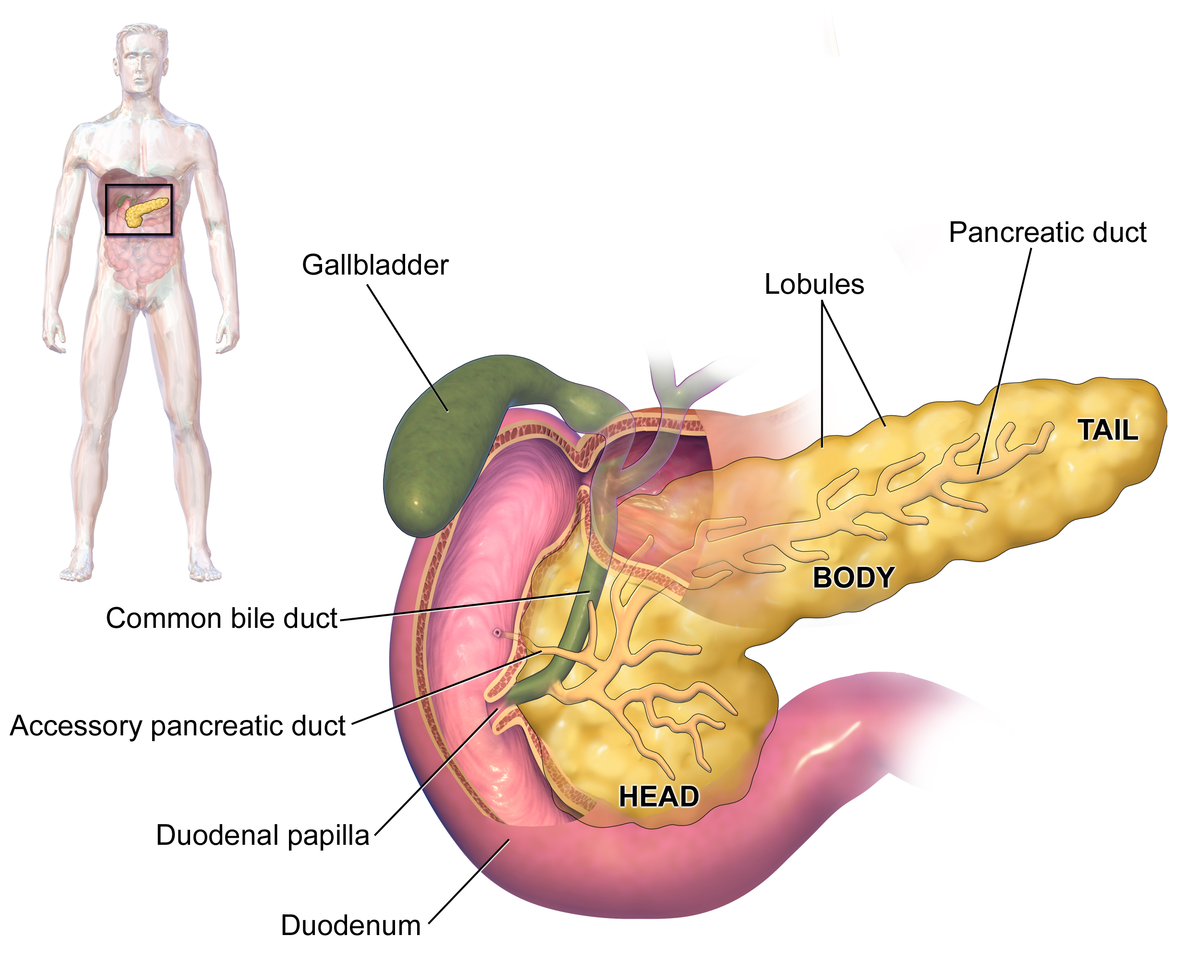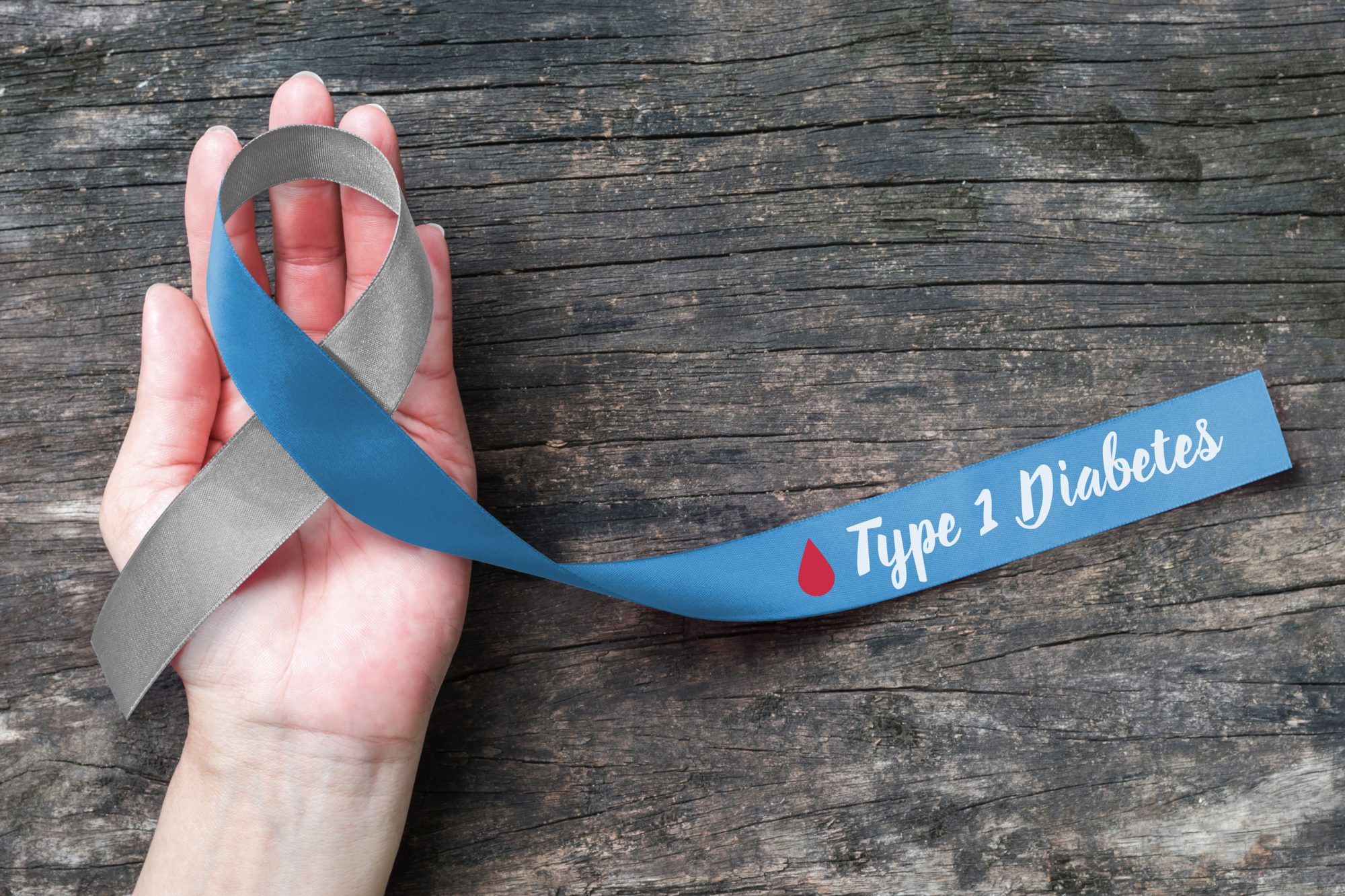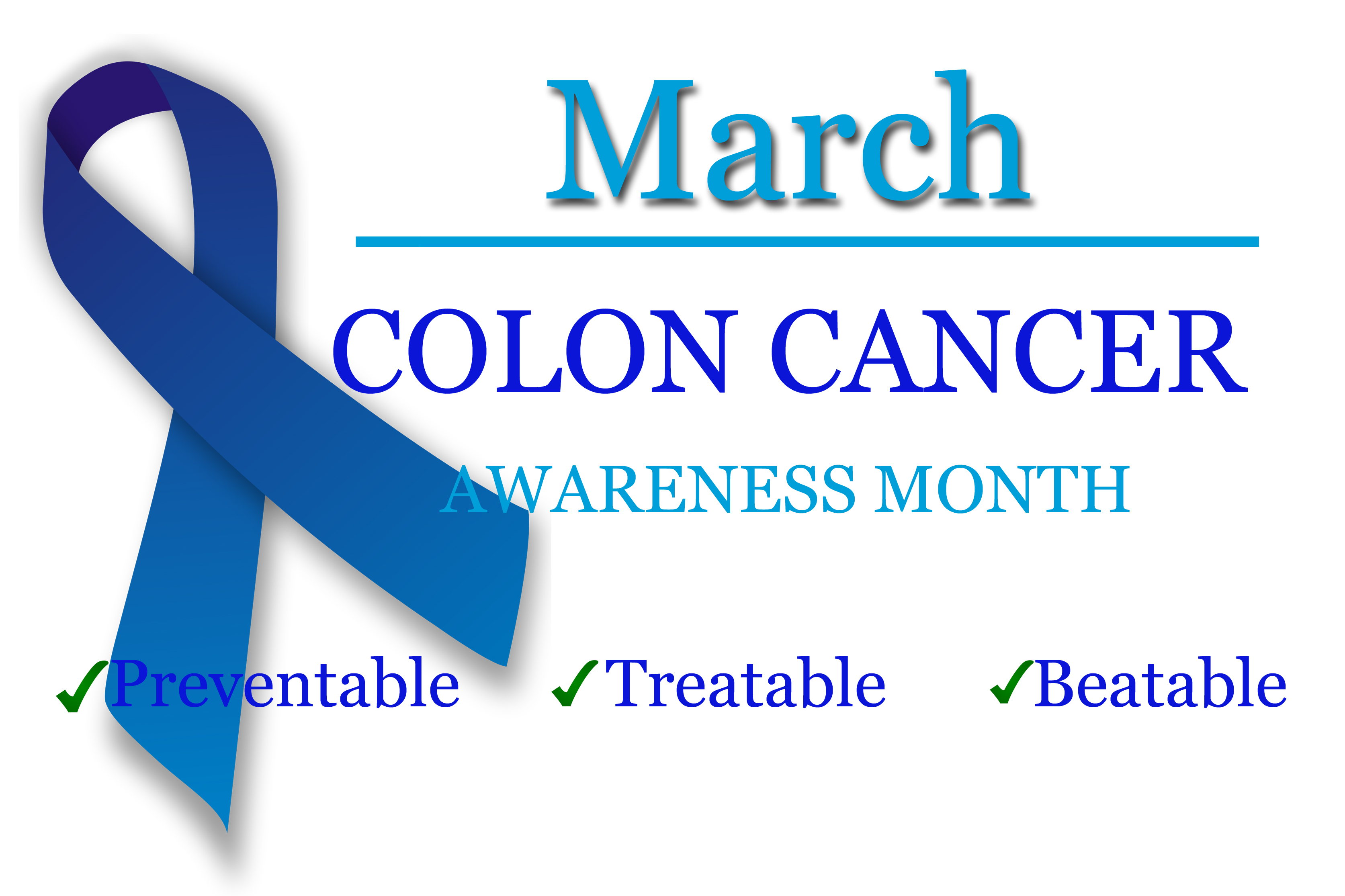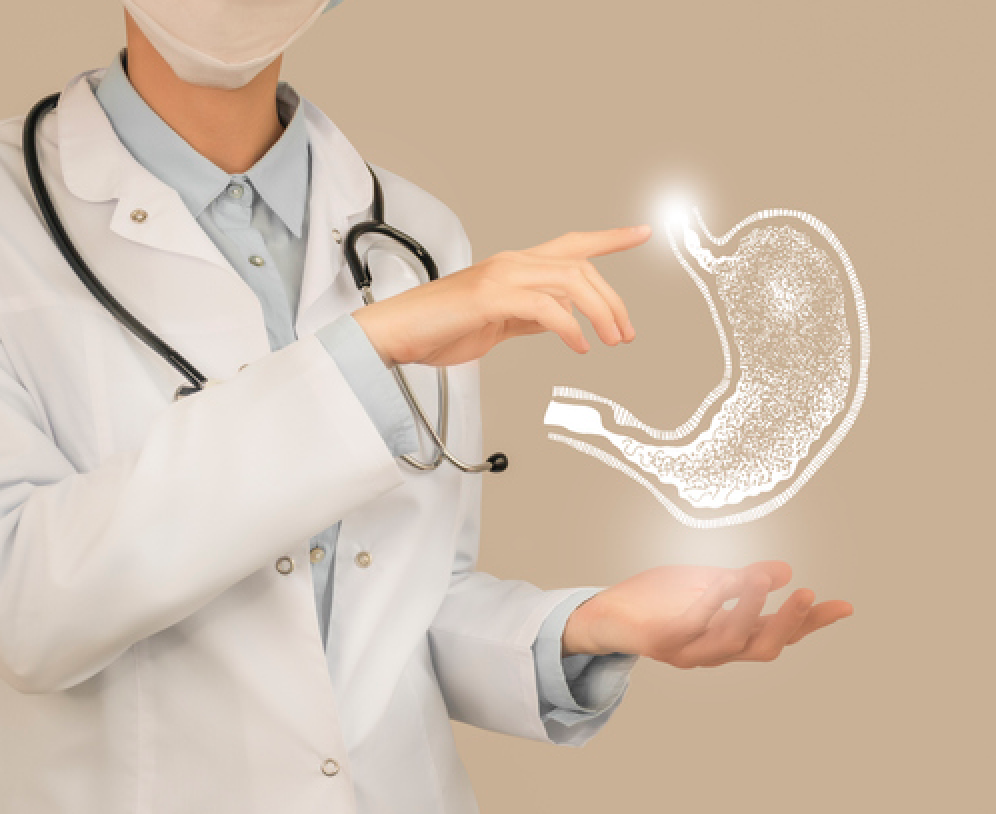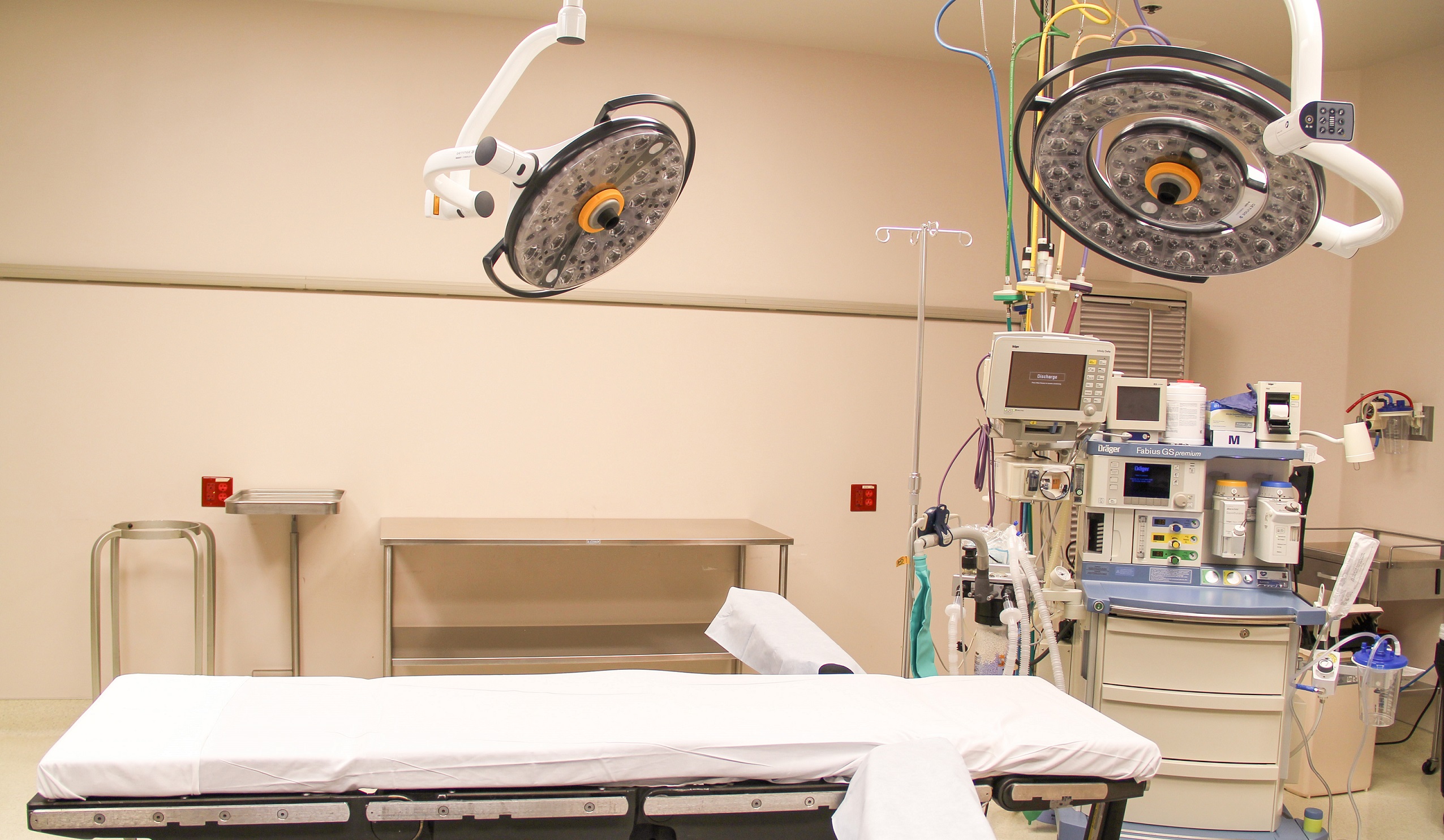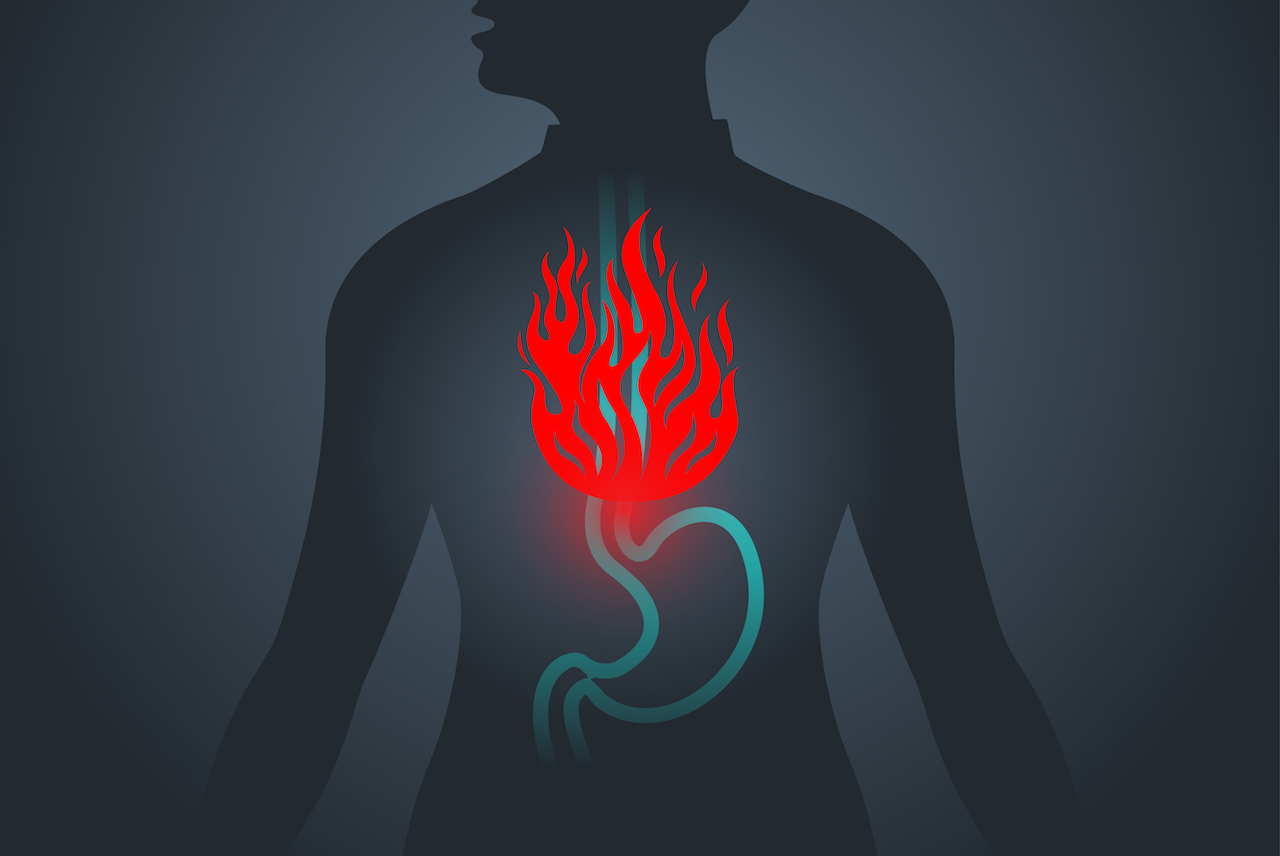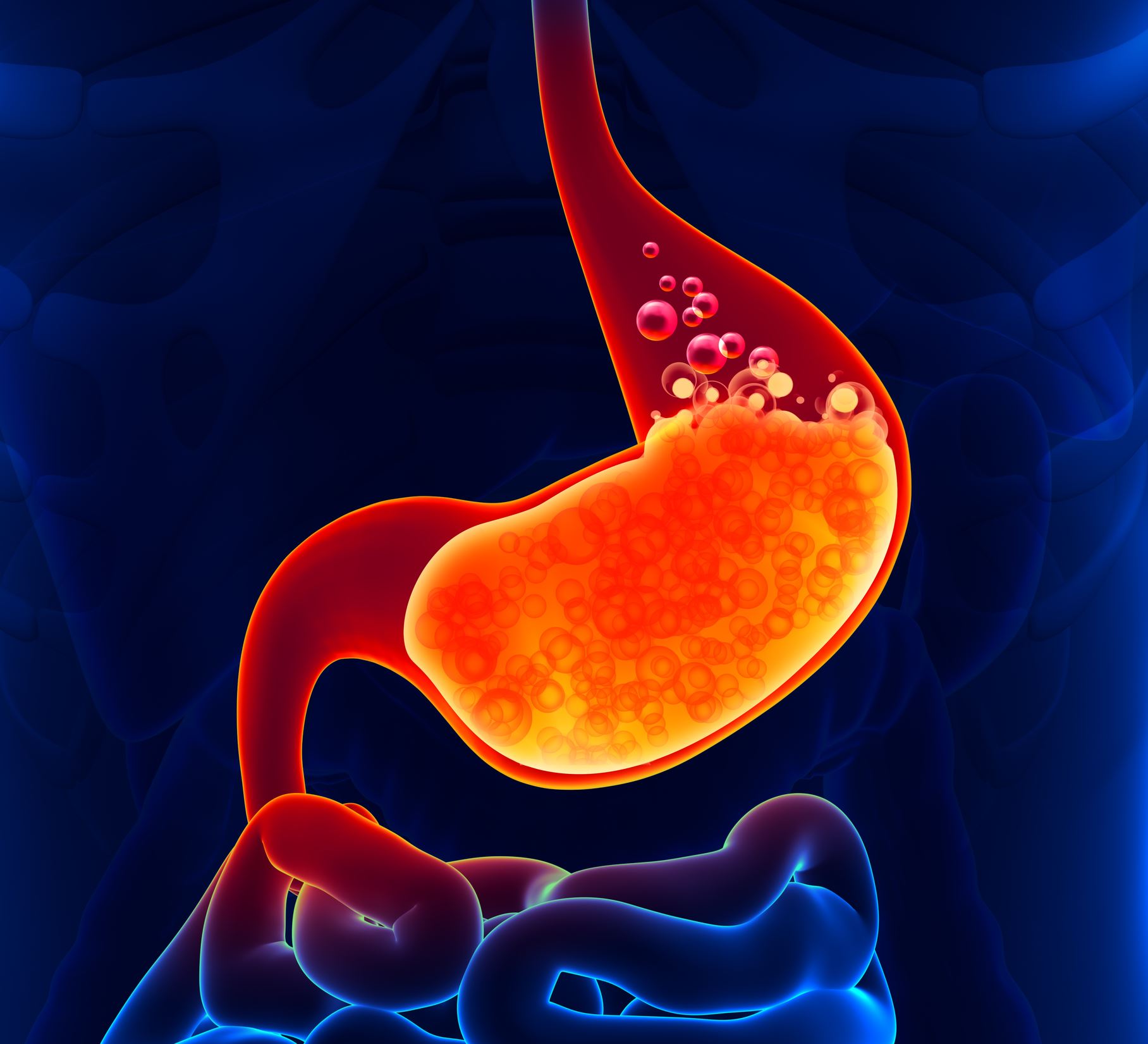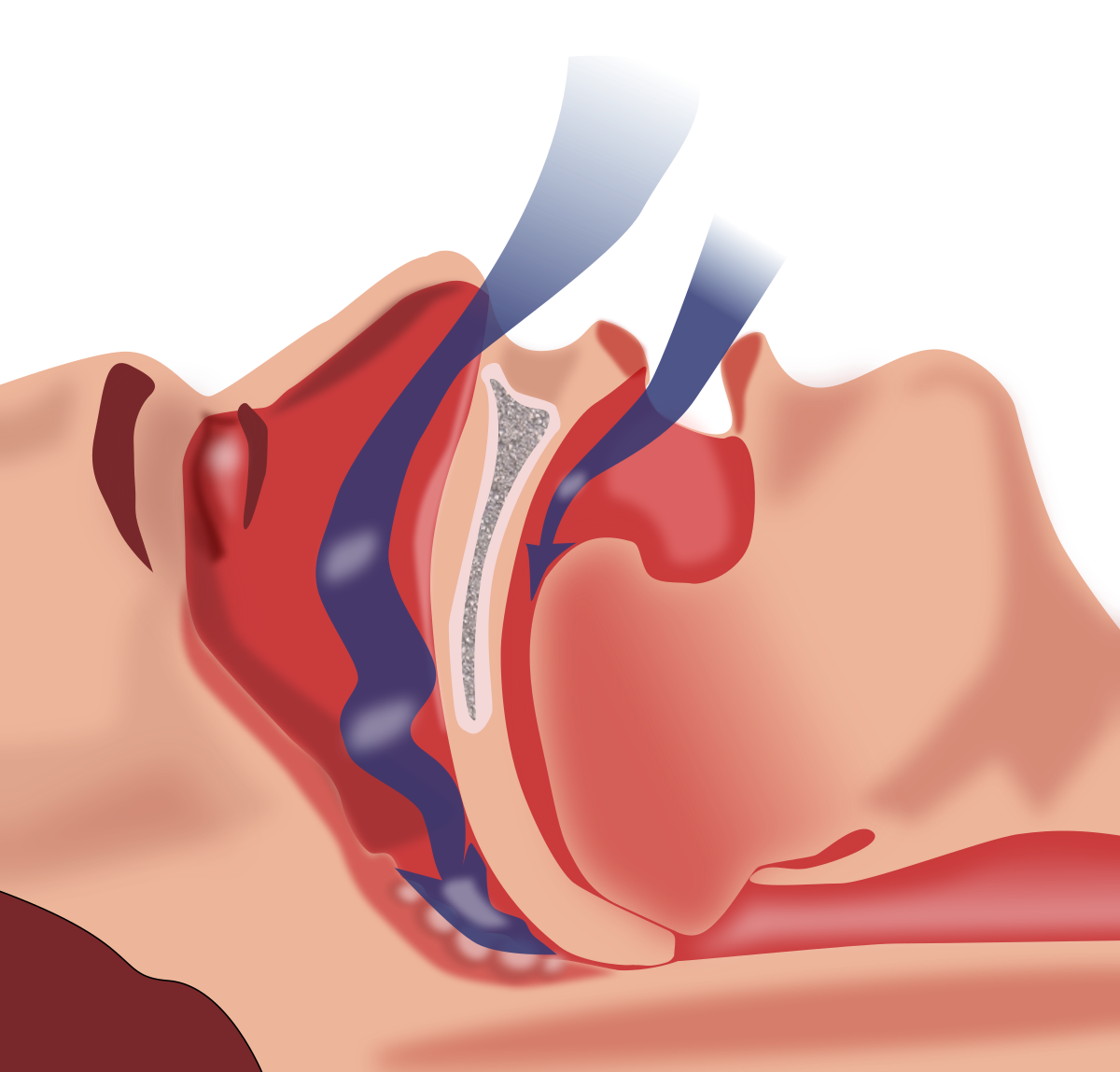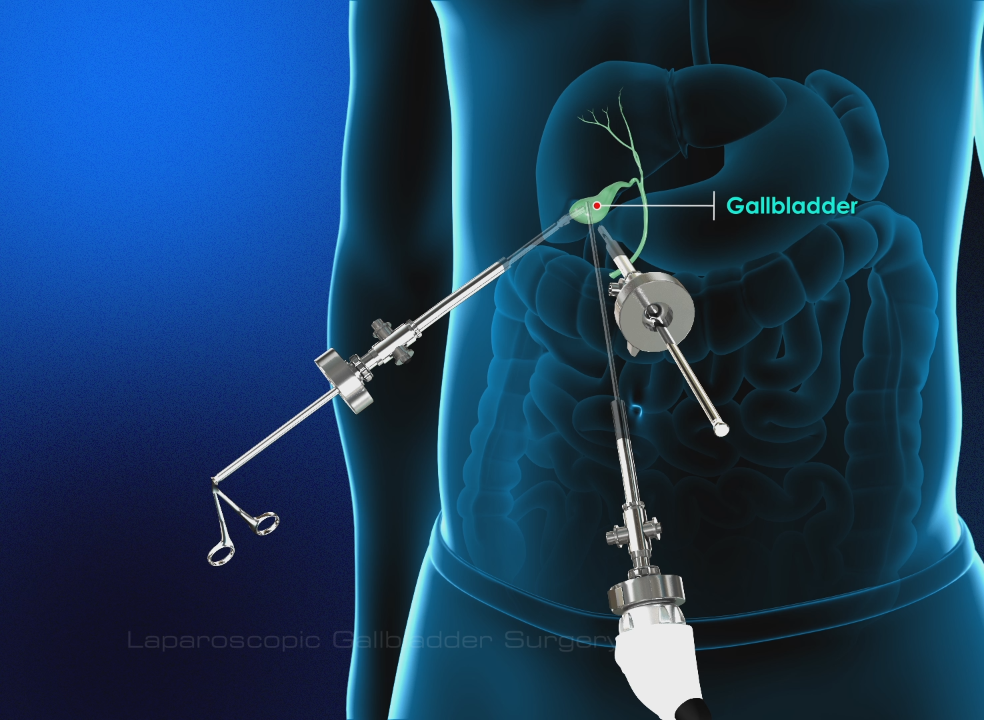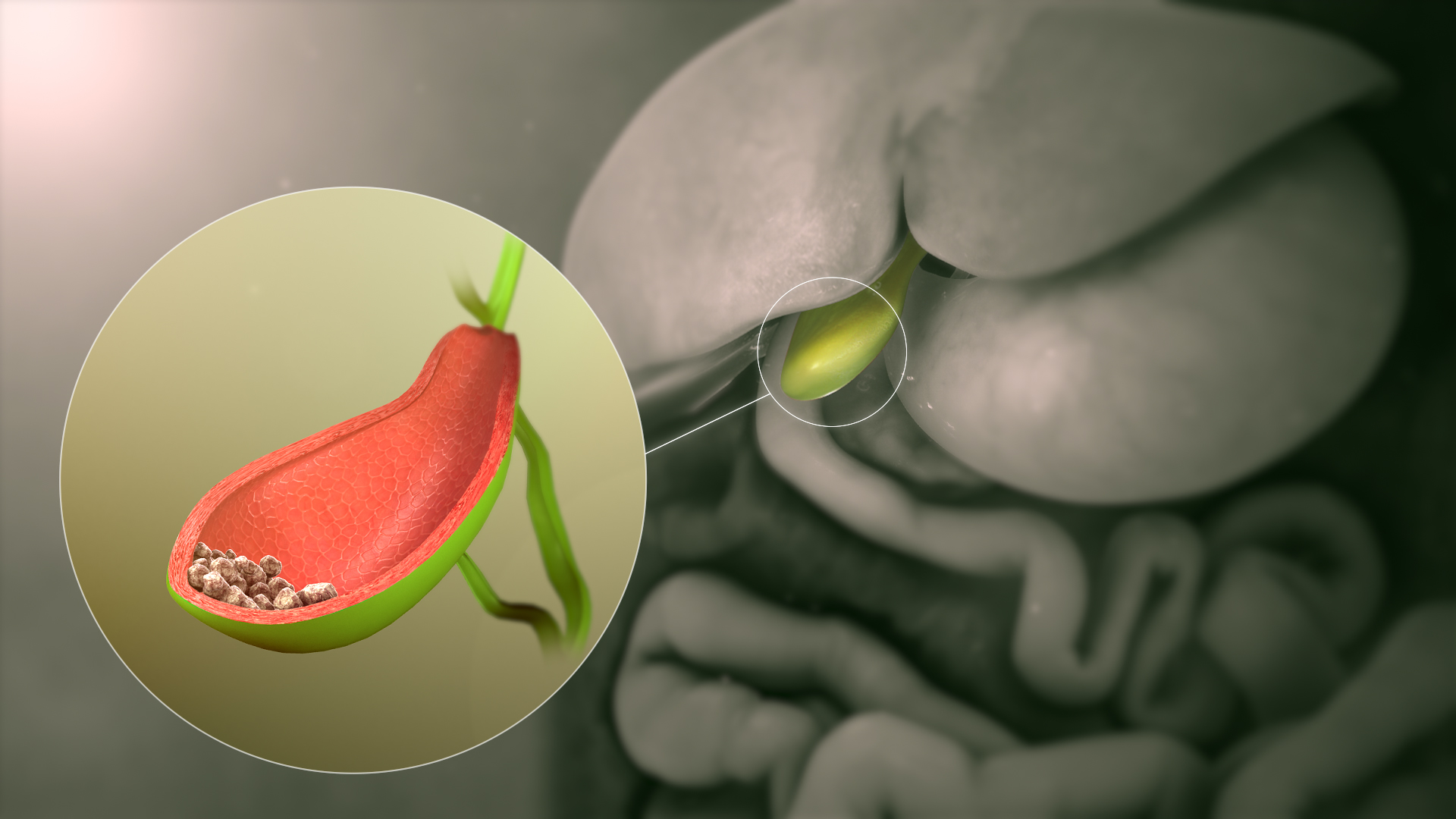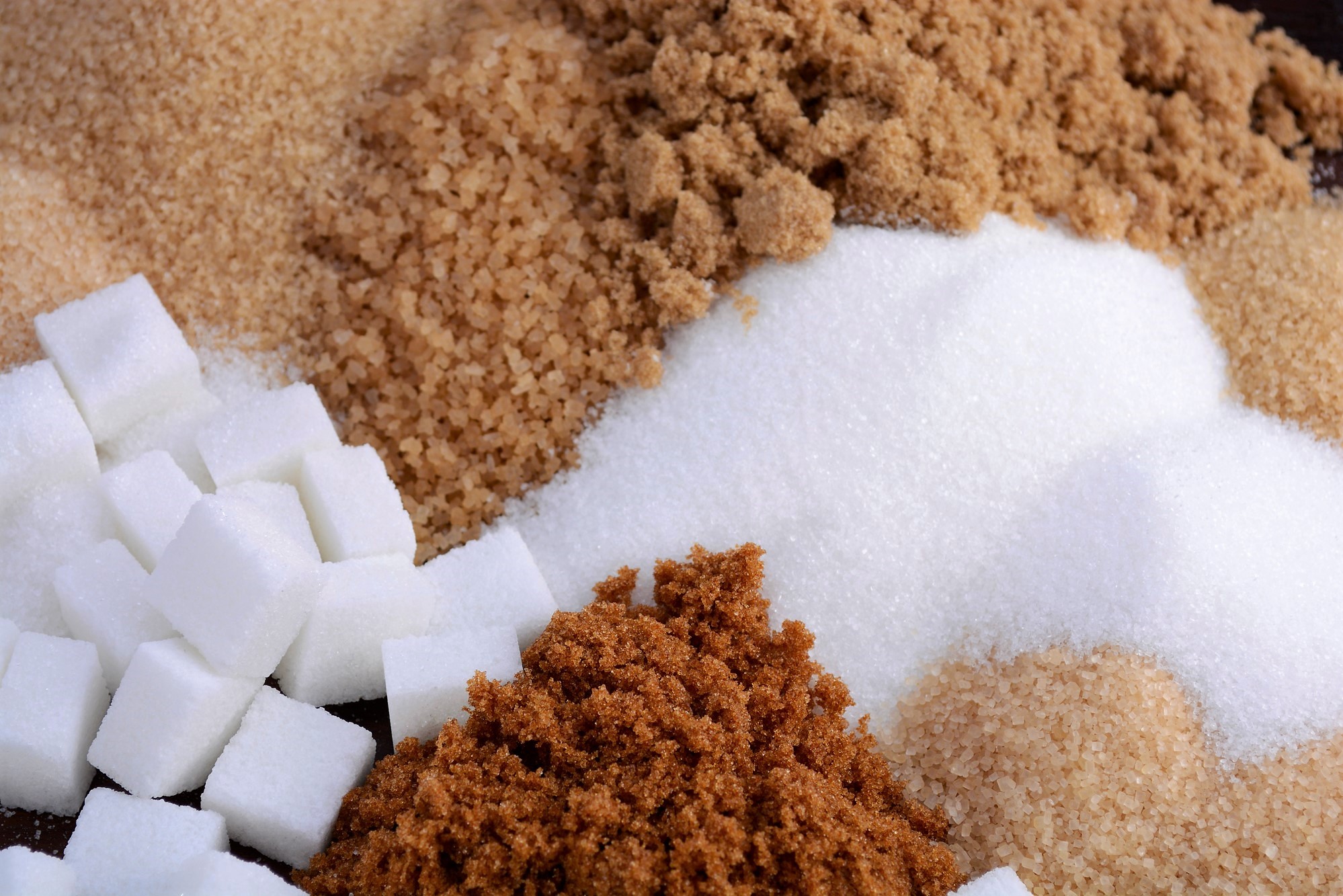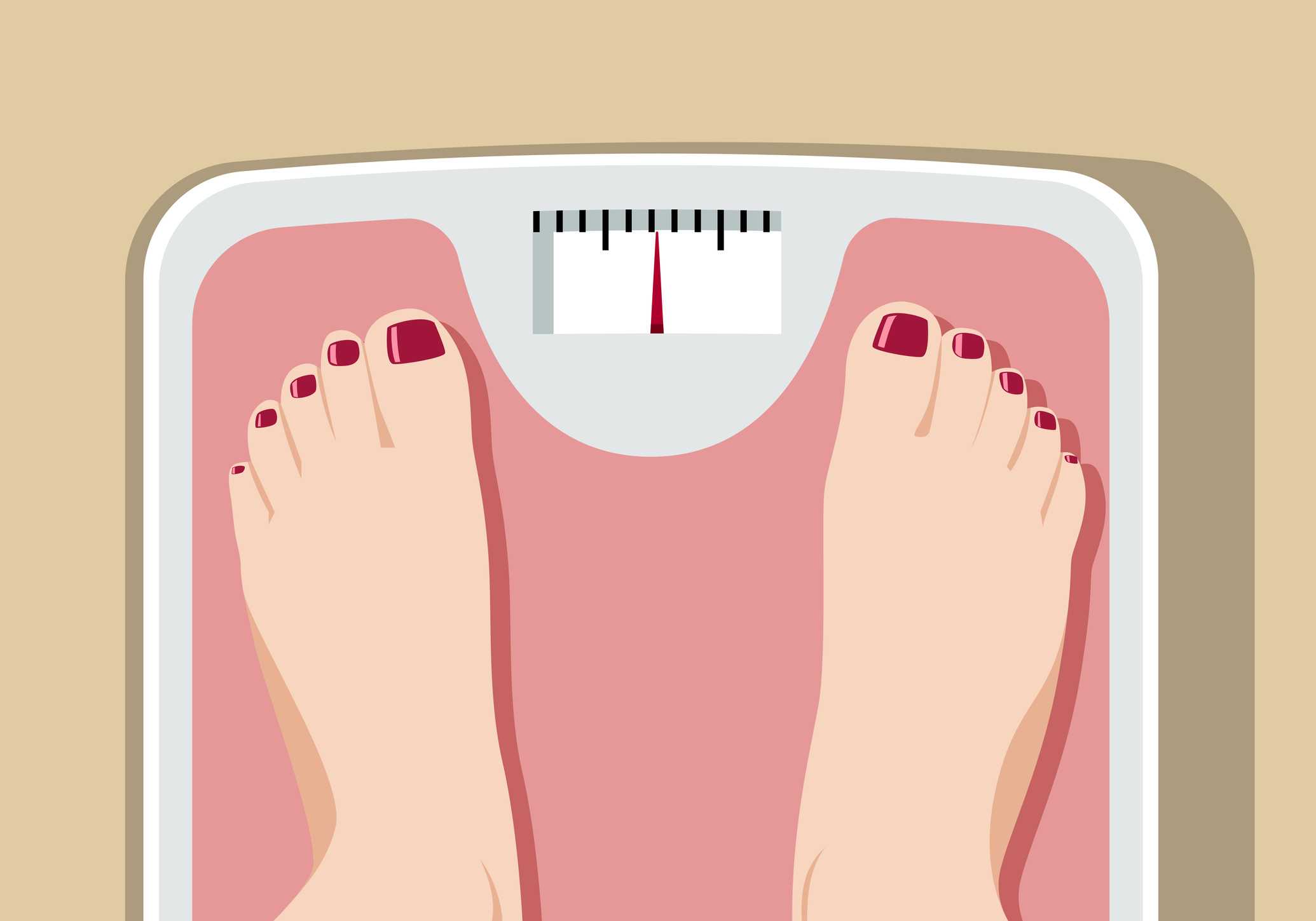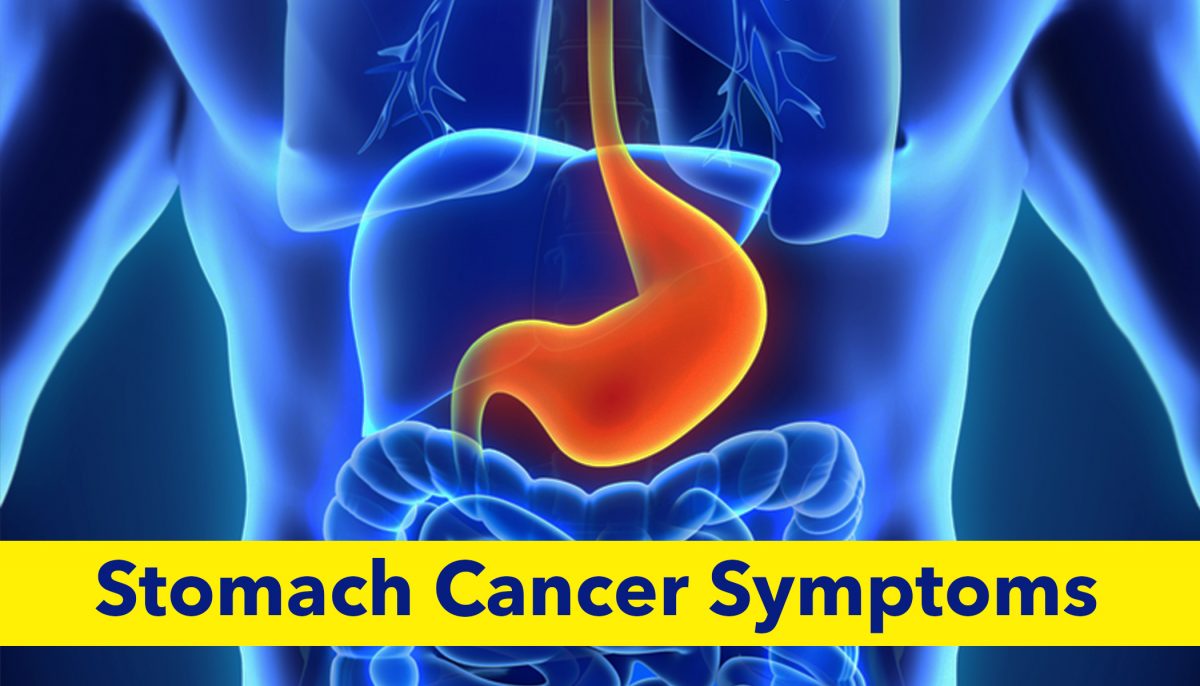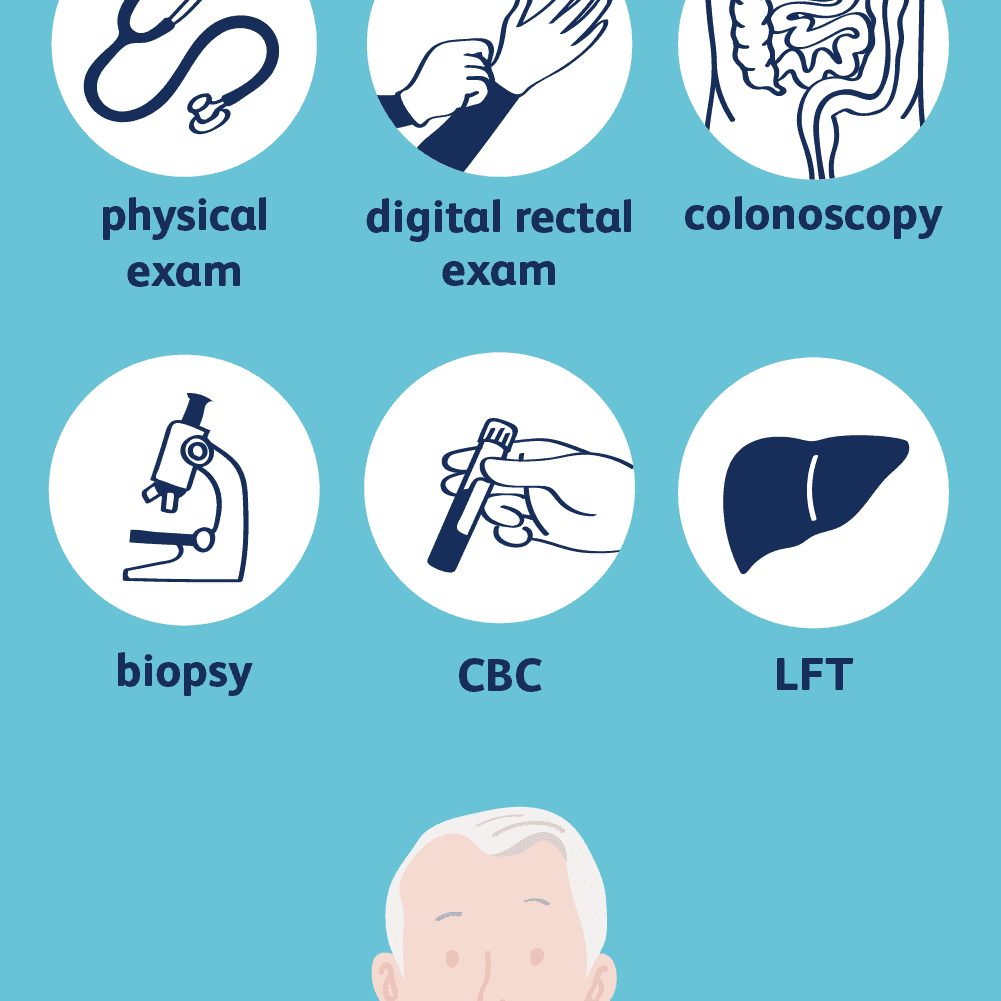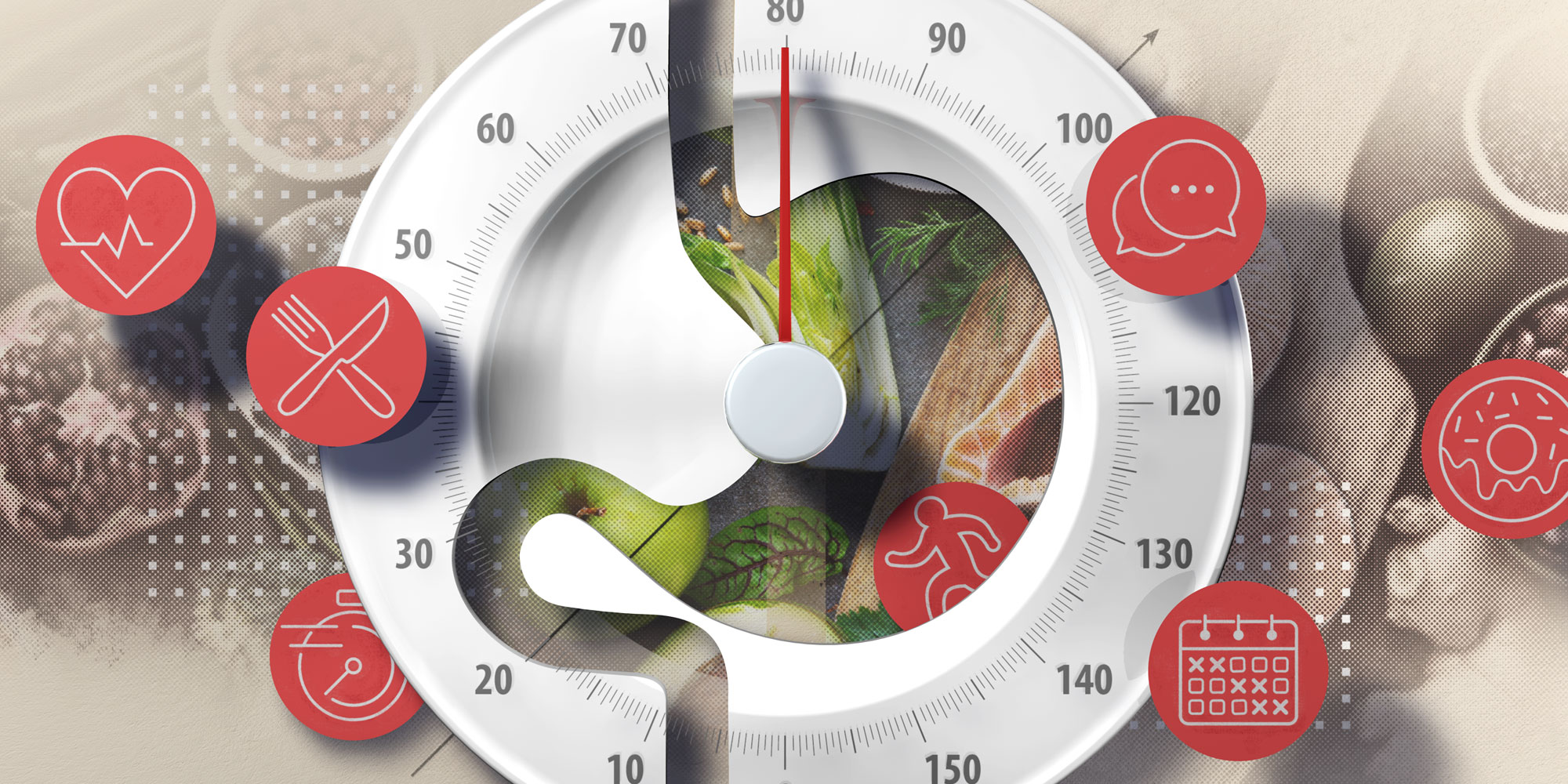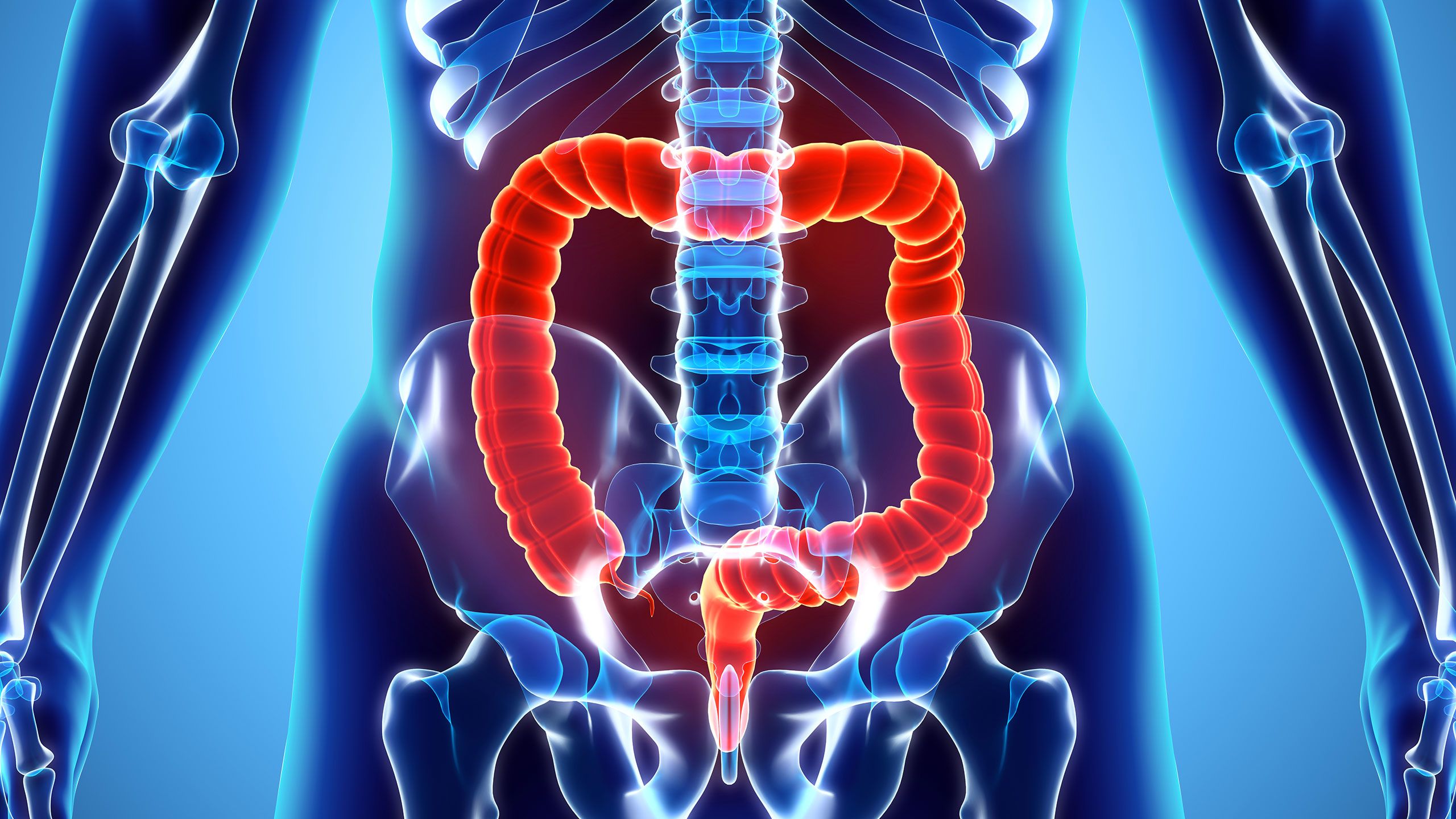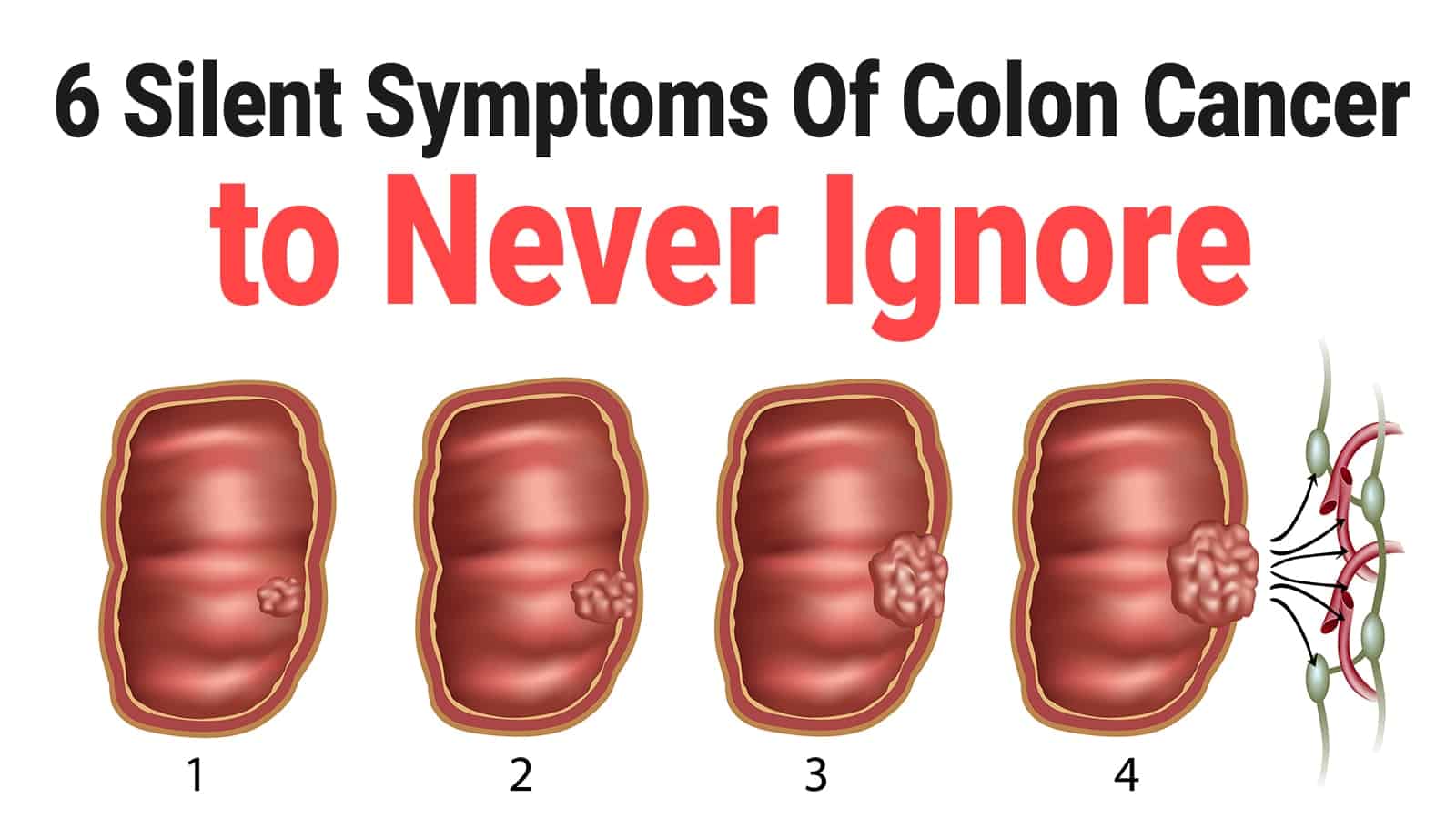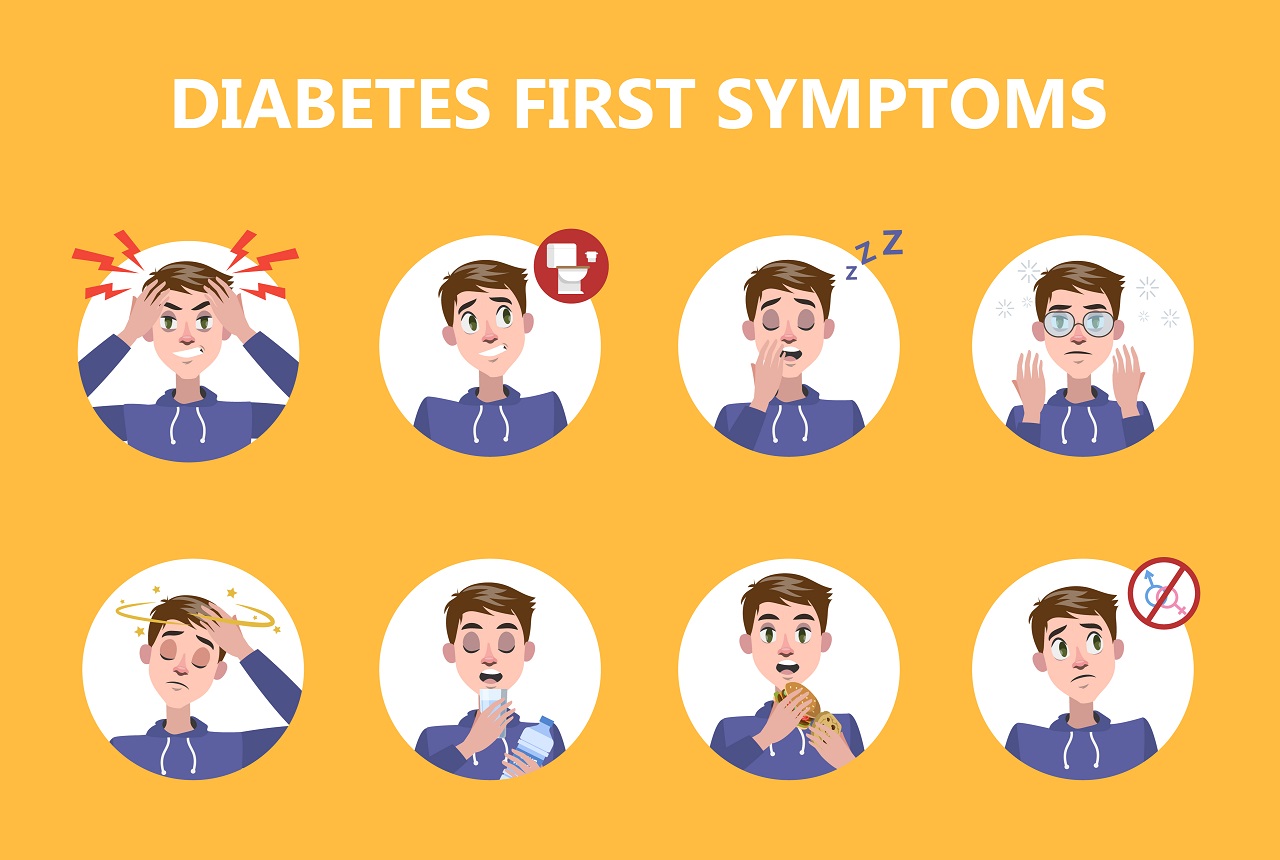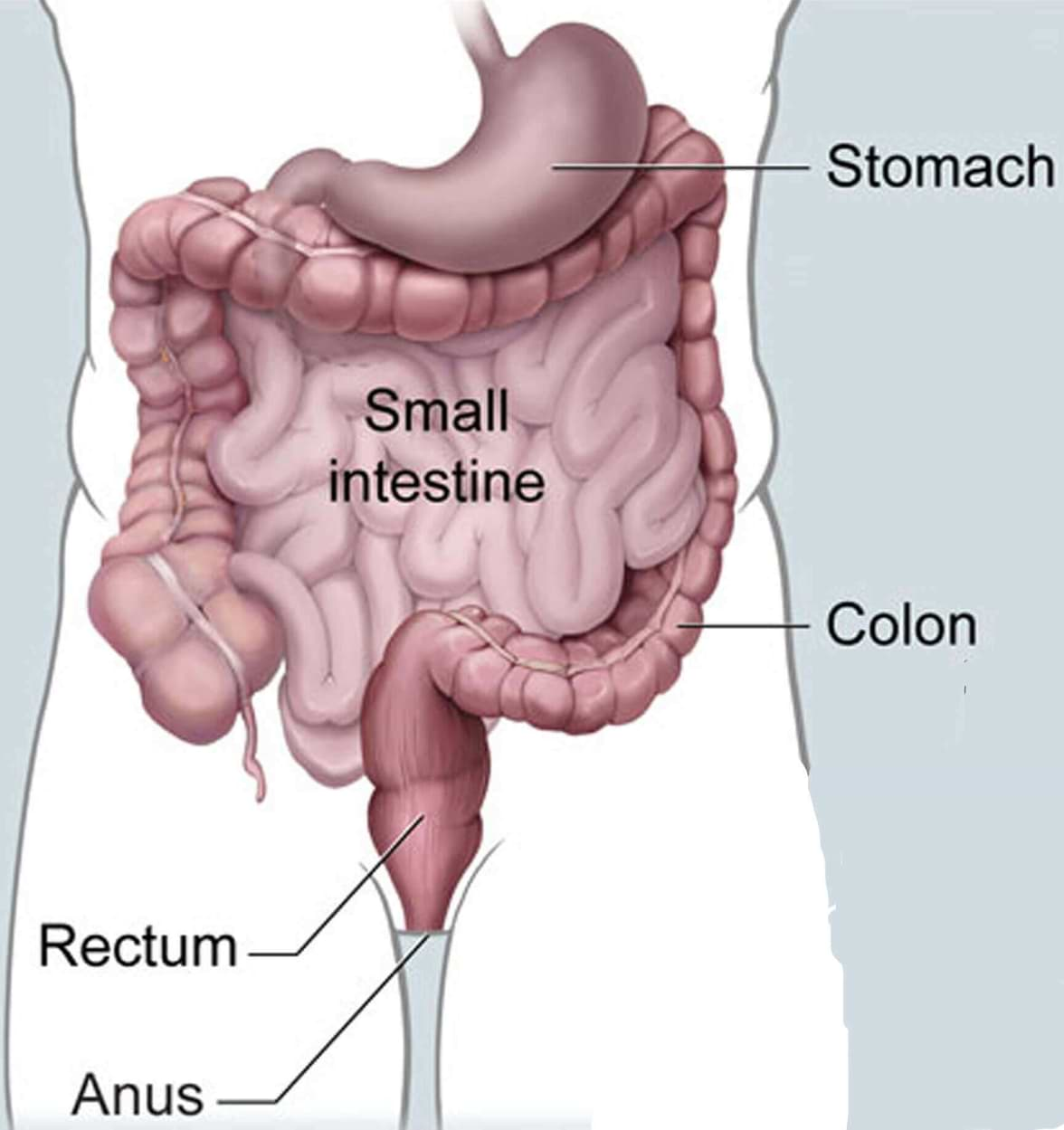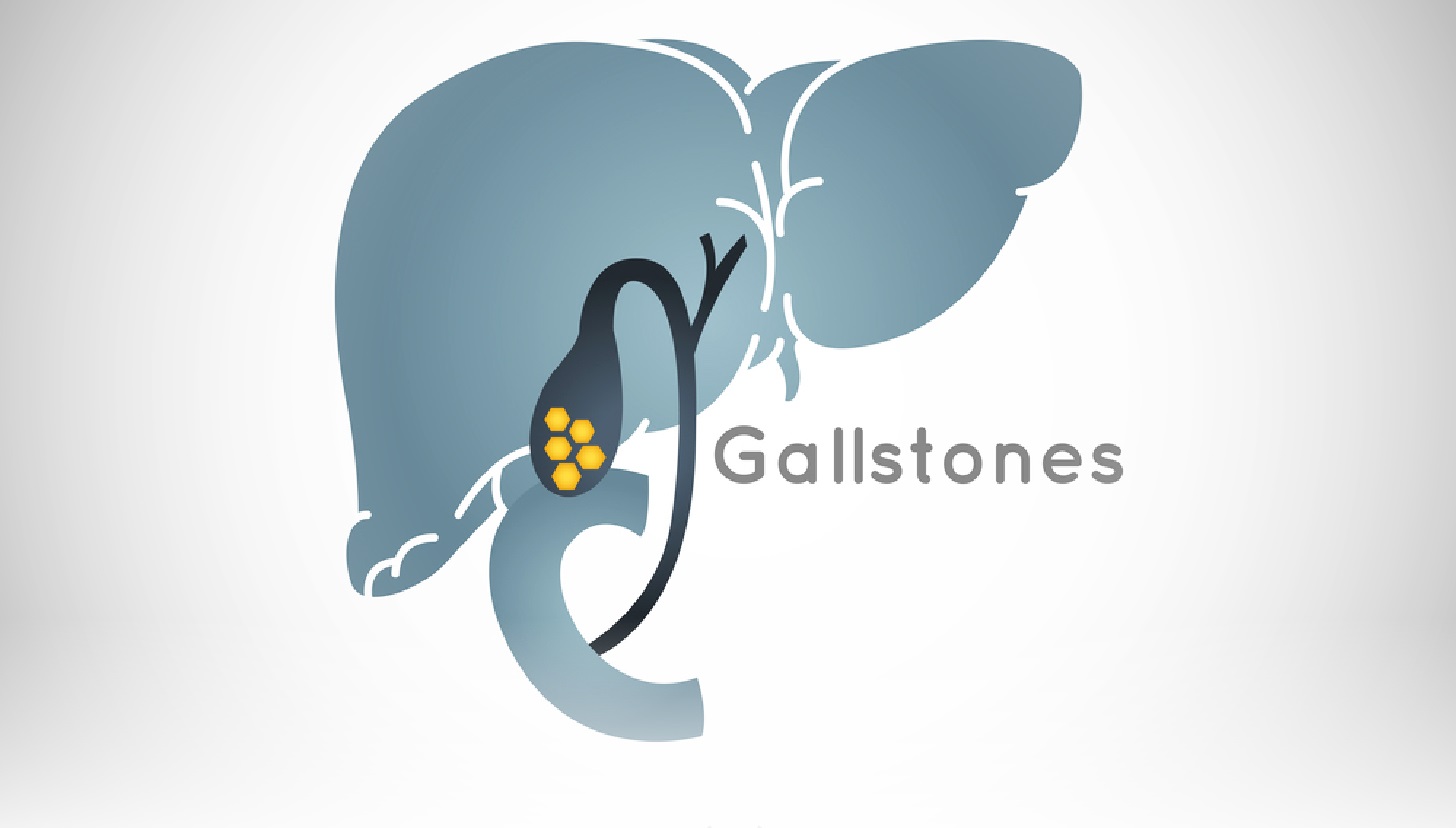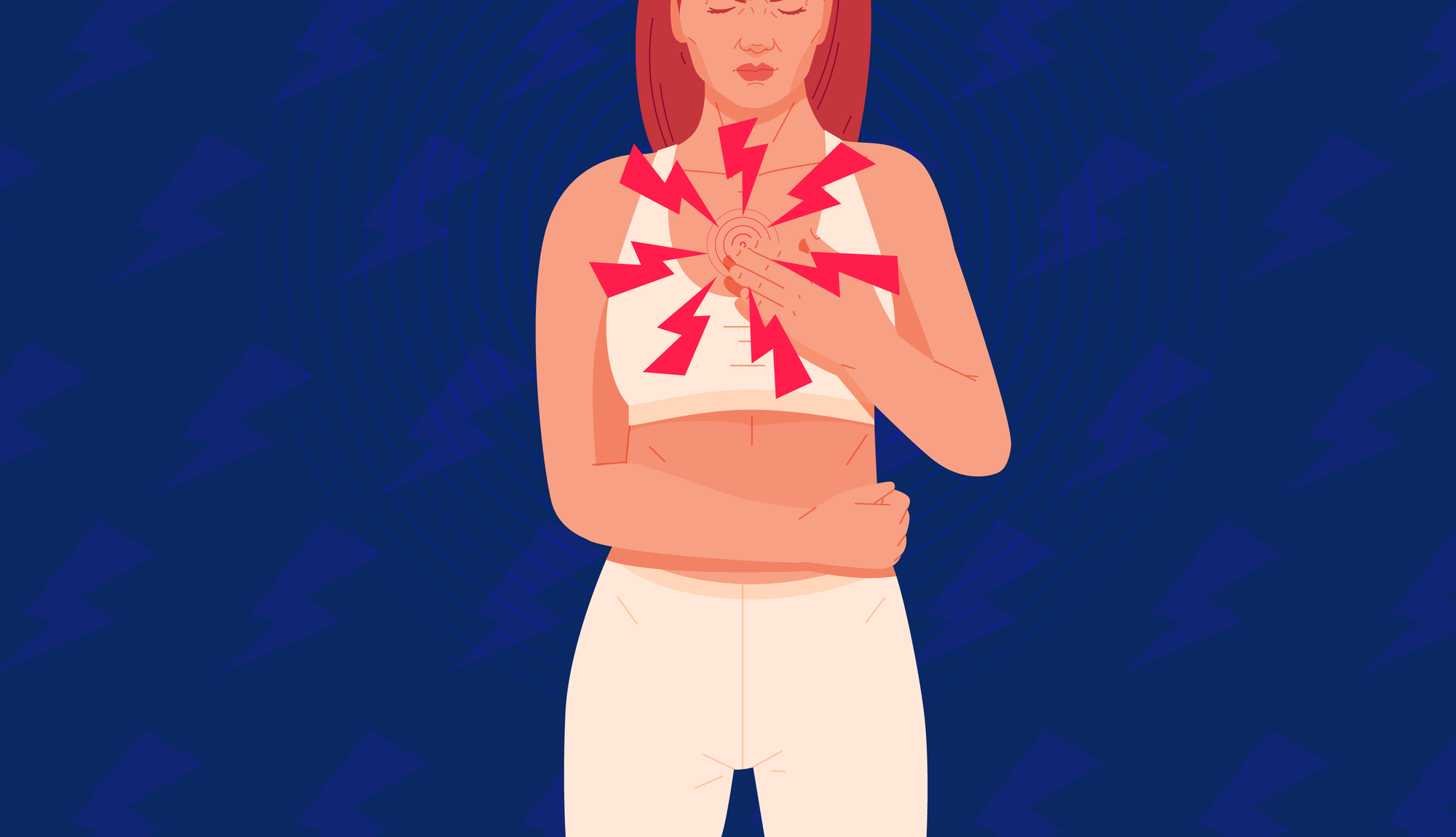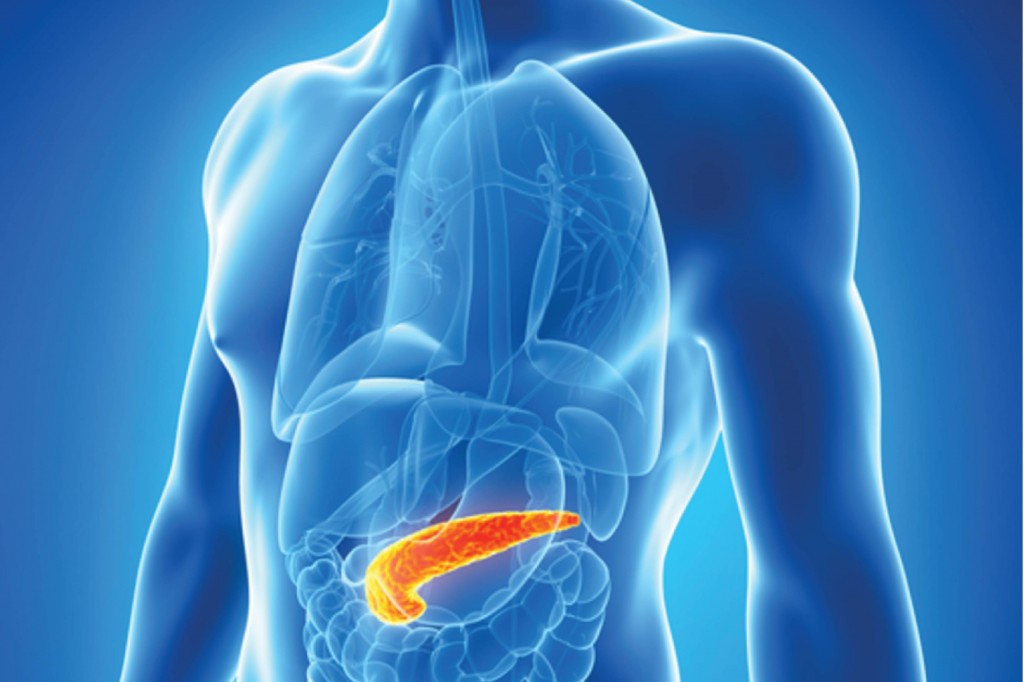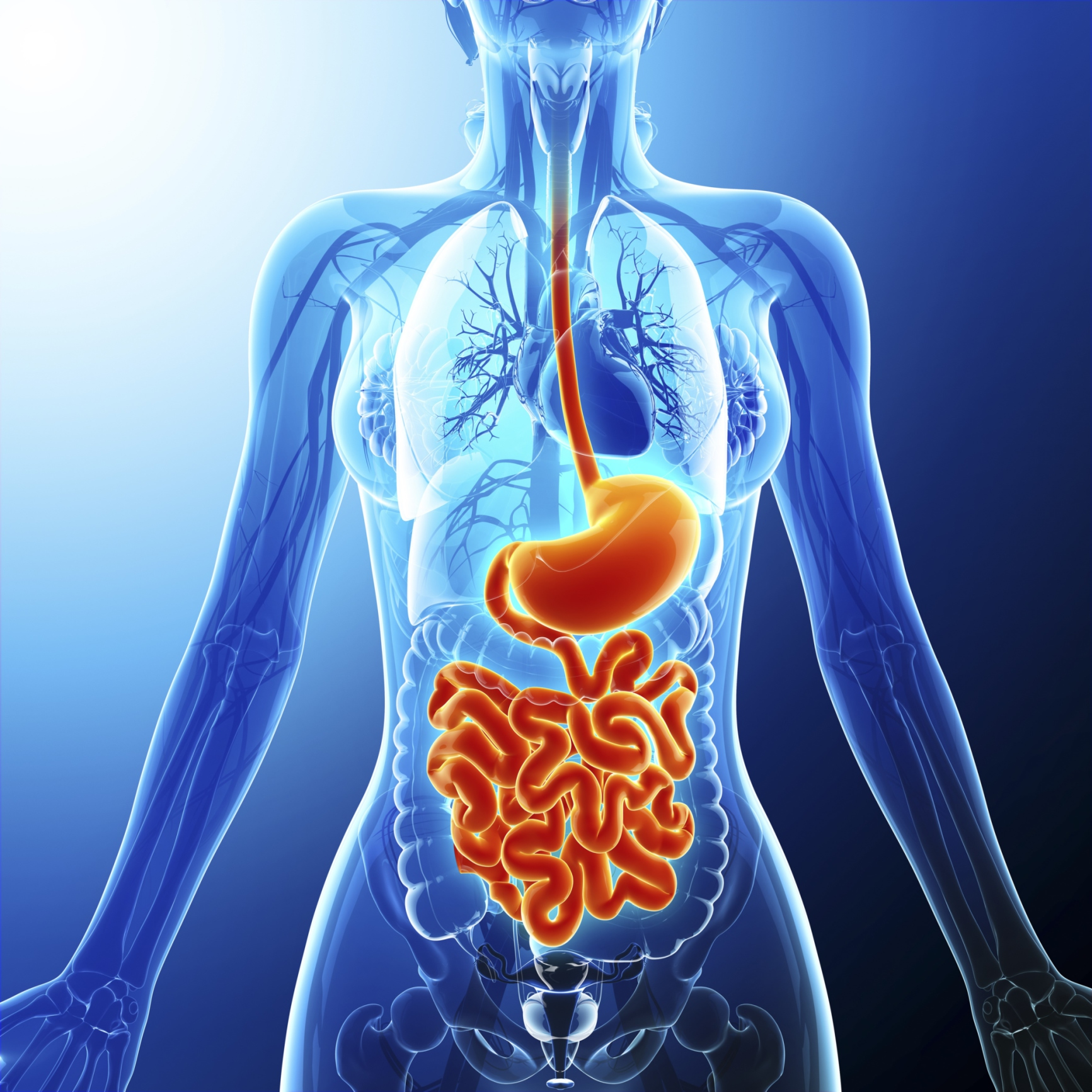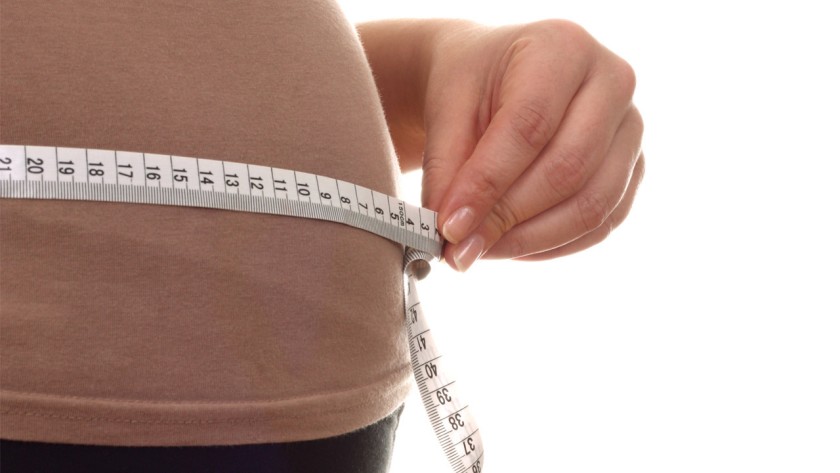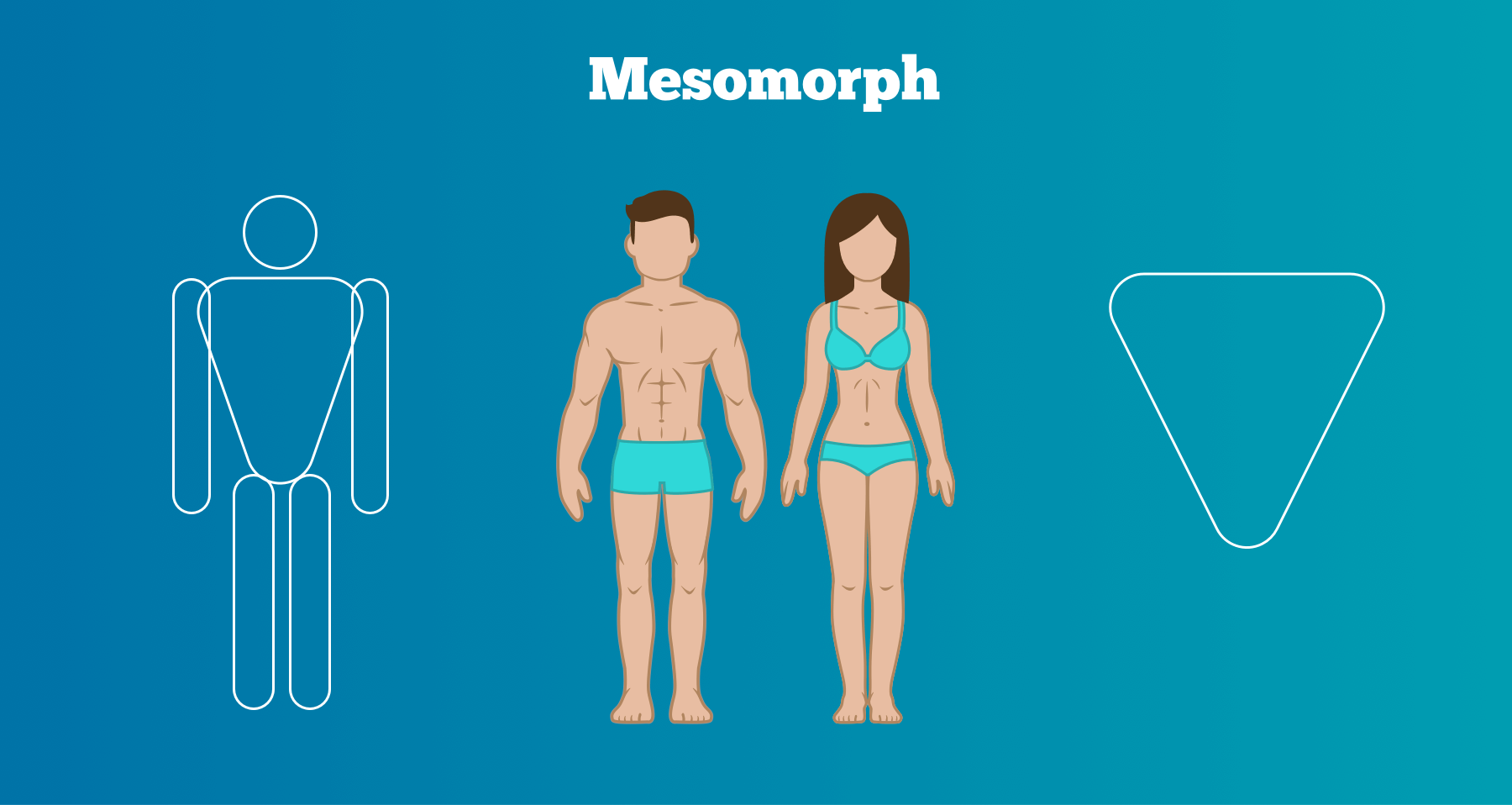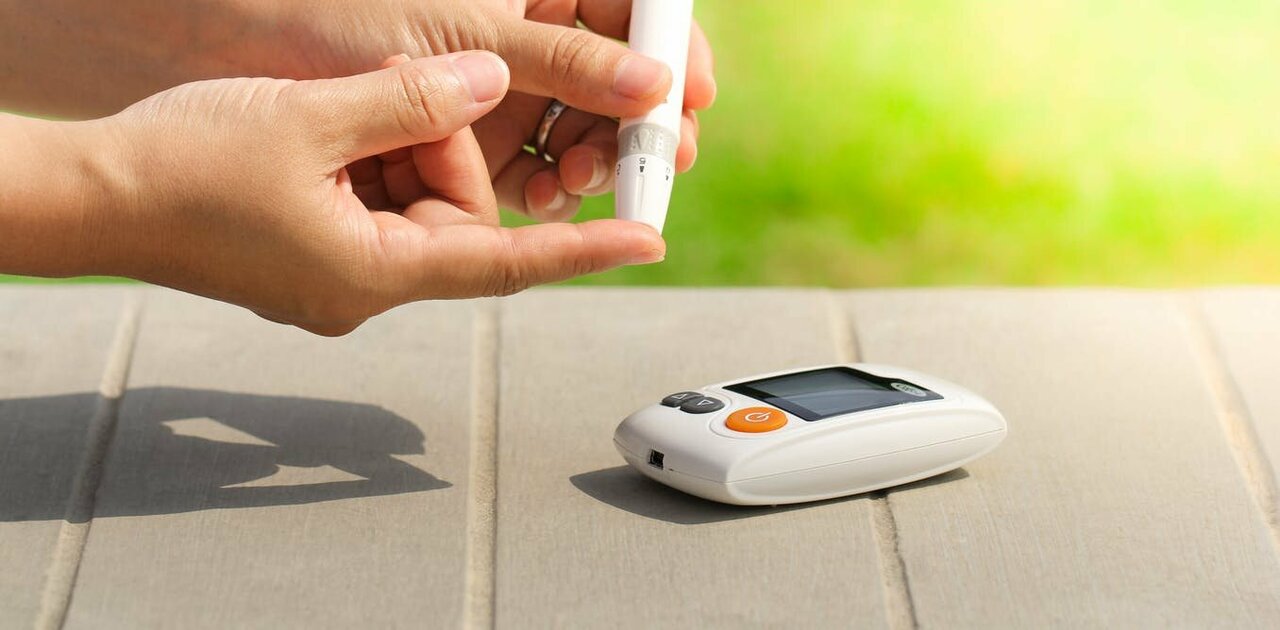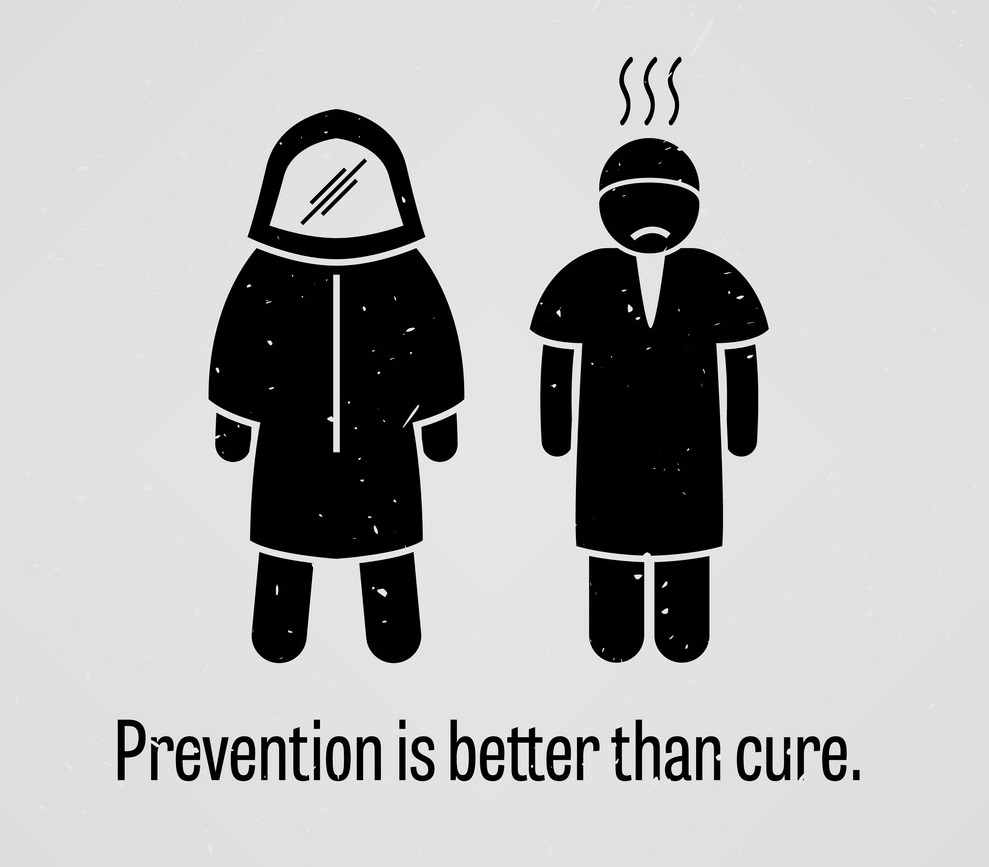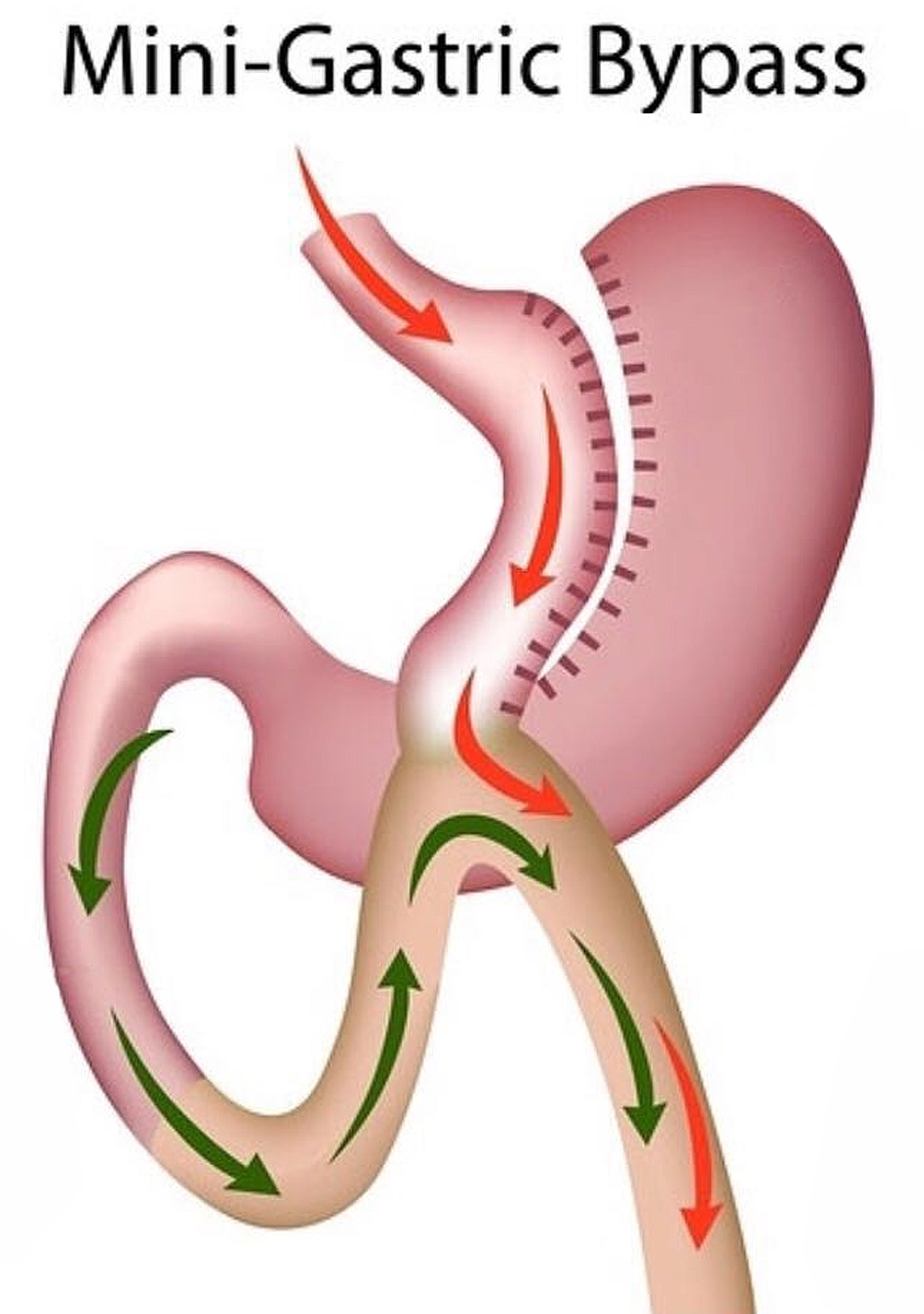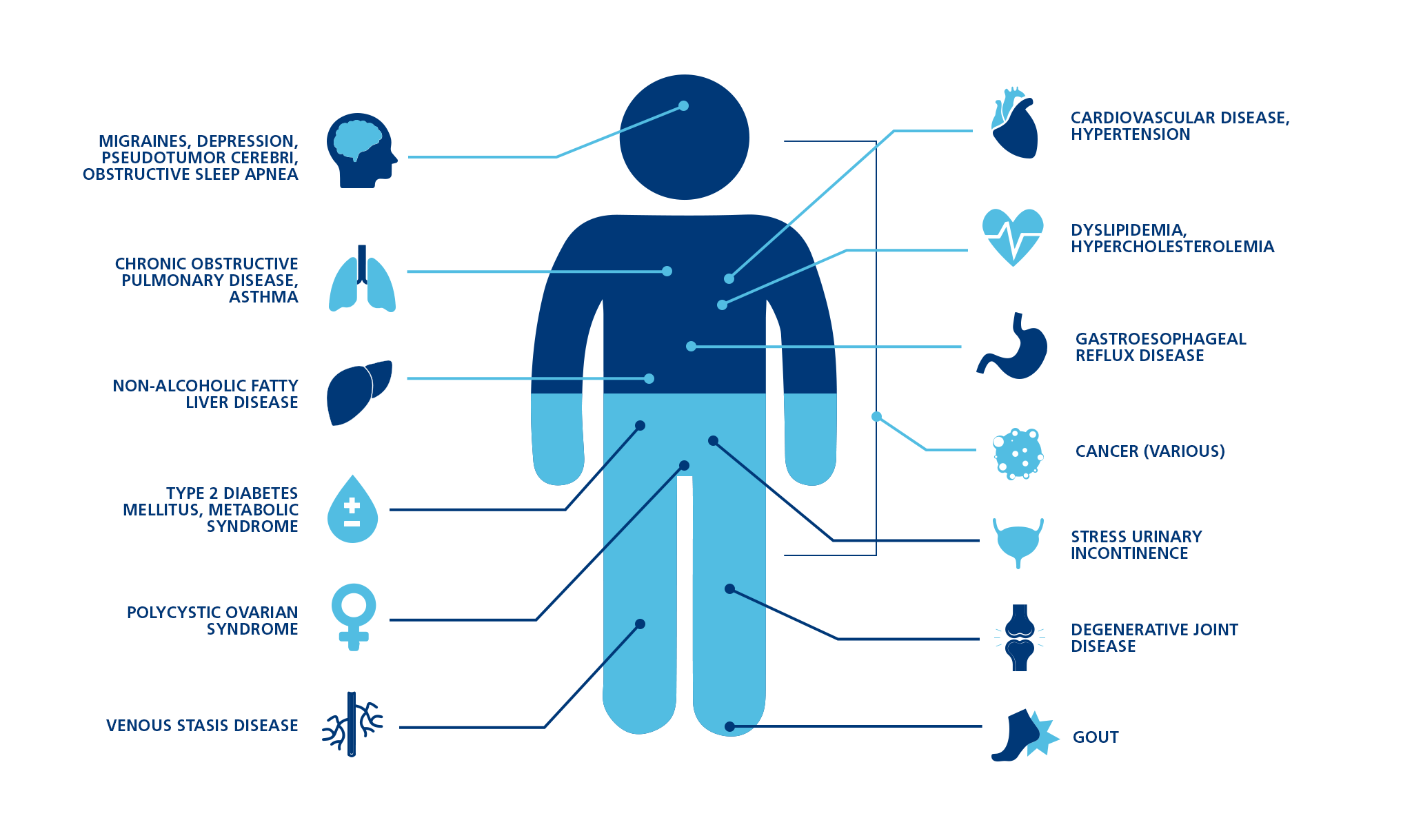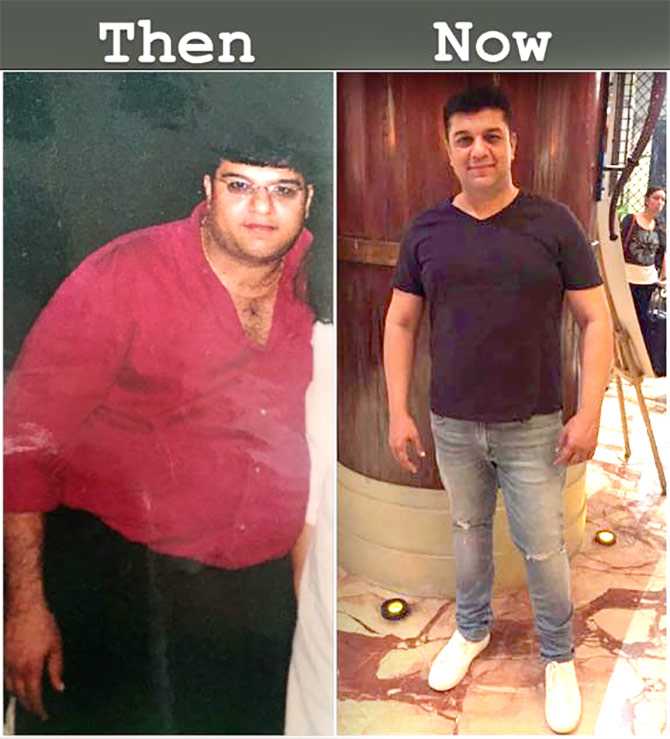obesity - Complications - Hypertension
Hypertension and Obesity: How are they connected?
With increasing risk of obesity worldwide, various studies/researches are being conducted to learn how they may become risk factors for other health conditions. Hypertension or high blood pressure is one such health condition.
Summary: 60 Second Read
Overview
Obesity is a term used to describe people with a body mass index (BMI) above 30, and it’s a major risk factor for high blood pressure. When you’re overweight or obese, your heart has to work harder to pump blood through your body. But all that extra effort puts strain on your arteries. Your arteries, in turn, resist this flow of blood, causing your blood pressure to rise.
How Obesity and Hypertension may cause serious health hazard
Together, obesity and hypertension combine to create a leading cause of cardiovascular disease. You’re at especially high risk if you tend to carry your weight around your abdomen.
Additionally, obesity puts strain on your kidneys, which puts even more strain on your heart. When you’re overweight and your blood pressure is too high, that high pressure damages the tiny blood vessels in your kidneys. The walls of the vessels thicken and limit blood flow, making it harder for your kidneys to filter your blood to remove waste and fluids. When your body isn’t able to remove excess fluid, your heart has to work even harder.
What you CAN do
You can take steps to reduce your blood pressure, but with obesity as a complicating factor, you may need to make several lifestyle changes, in addition to taking some blood pressure medications called antihypertensives.
Medications
Chances are that your doctor will want to prescribe blood pressure medication for you. Commonly-prescribed blood pressure medicines include ACE inhibitors, calcium channel blockers, and low-dose diuretics. For obese patients with high blood pressure, doctors may prescribe ACE inhibitors and angiotensin II receptor blockers (ARBs) first. Some people may need to take two or three different medications.
Other drugs are available, but the possible side effects might push them down the list. For example, in very specific cases, doctors might prescribe beta blockers to treat high blood pressure. Beta blockers work to reduce the amount of oxygen your heart needs. They slow your heart rate by blocking your heart’s sensitivity to adrenaline, a hormone produced by the adrenal gland that causes the “fight or flight” reaction. But beta blockers have been shown to be associated with weight gain in some people, so their use is generally limited to certain situations, like after a person has had a heart attack.
Lifestyle changes
You’ve probably heard it before, but it bears repeating: if you are obese and have high blood pressure, you need to lose some weight. Even losing a few pounds can have significant benefits for your heart and your entire cardiovascular system.
One way to do that is to incorporate more physical activity in your life-that means it’s time to commit to exercising.
Eating less salt is another common lifestyle recommendation for reducing your blood pressure. Salt keeps extra fluid in your body, which forces your heart to work harder. So if you’re trying to lose weight and bring your blood pressure down, take a good look at your diet. How much salt are you eating- and how much salt is hiding in your food? Read food labels carefully so you can see how much sodium your food contains. Another tip is to swap out salt for spices when you’re cooking, which will make your food flavorful without the sodium.
Your doctor may also talk to you about modifying your entire diet. A diet commonly recommended to people with high blood pressure is the DASH (Dietary Approaches to Stop Hypertension) diet -an eating plan that emphasizes fruits, vegetables, whole grains, lean protein and low- or non-fat dairy products. This diet is also high in fiber and nutrients like potassium, calcium, and magnesium that can help you achieve a lower blood pressure.


